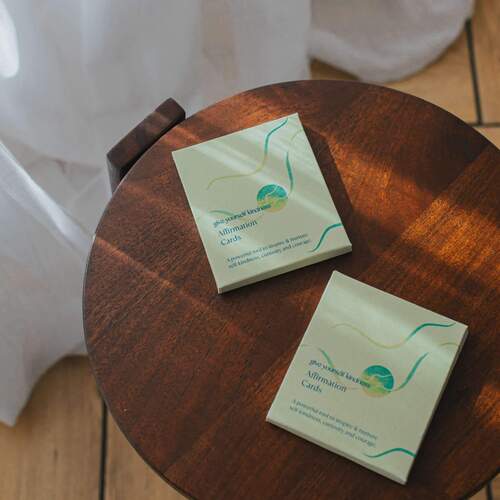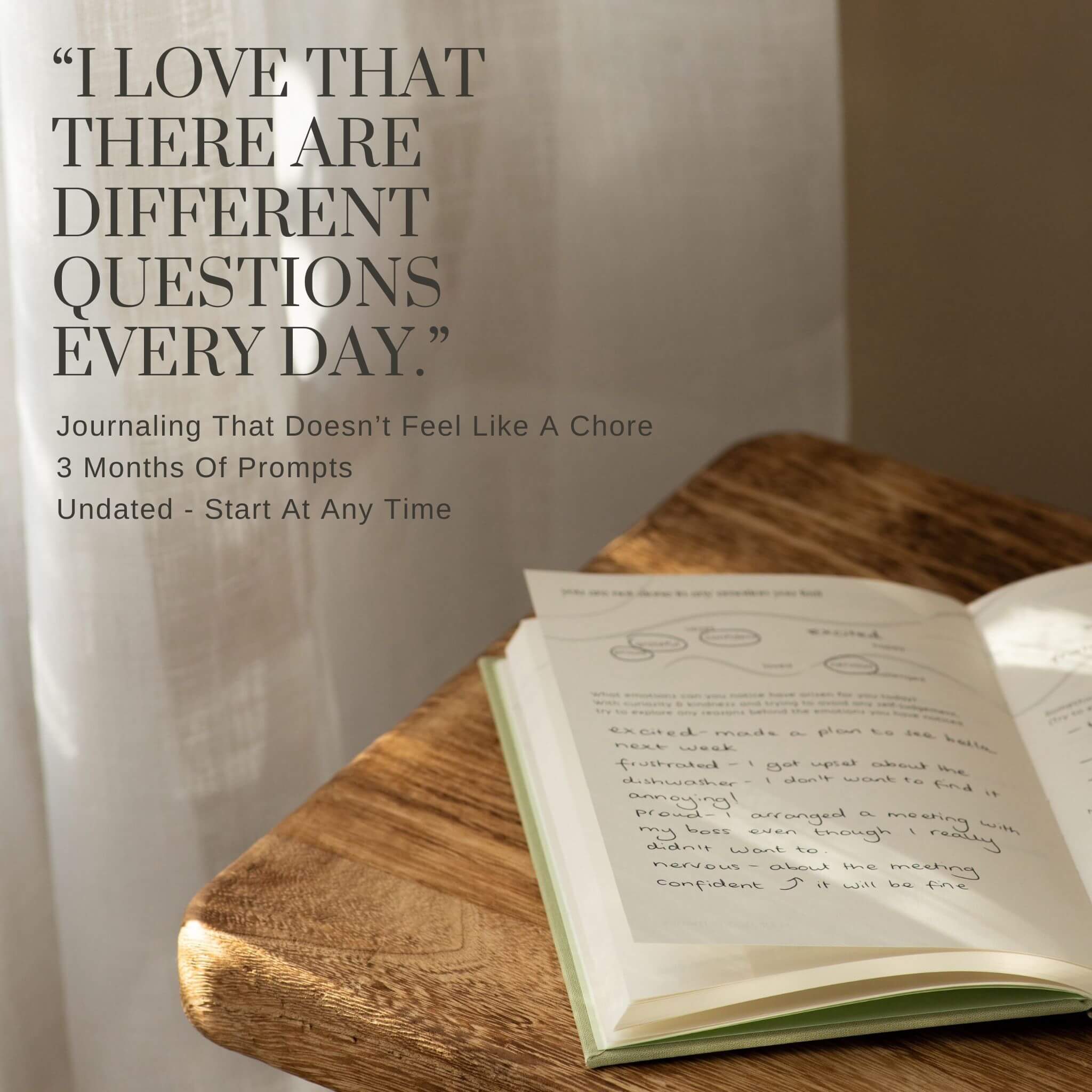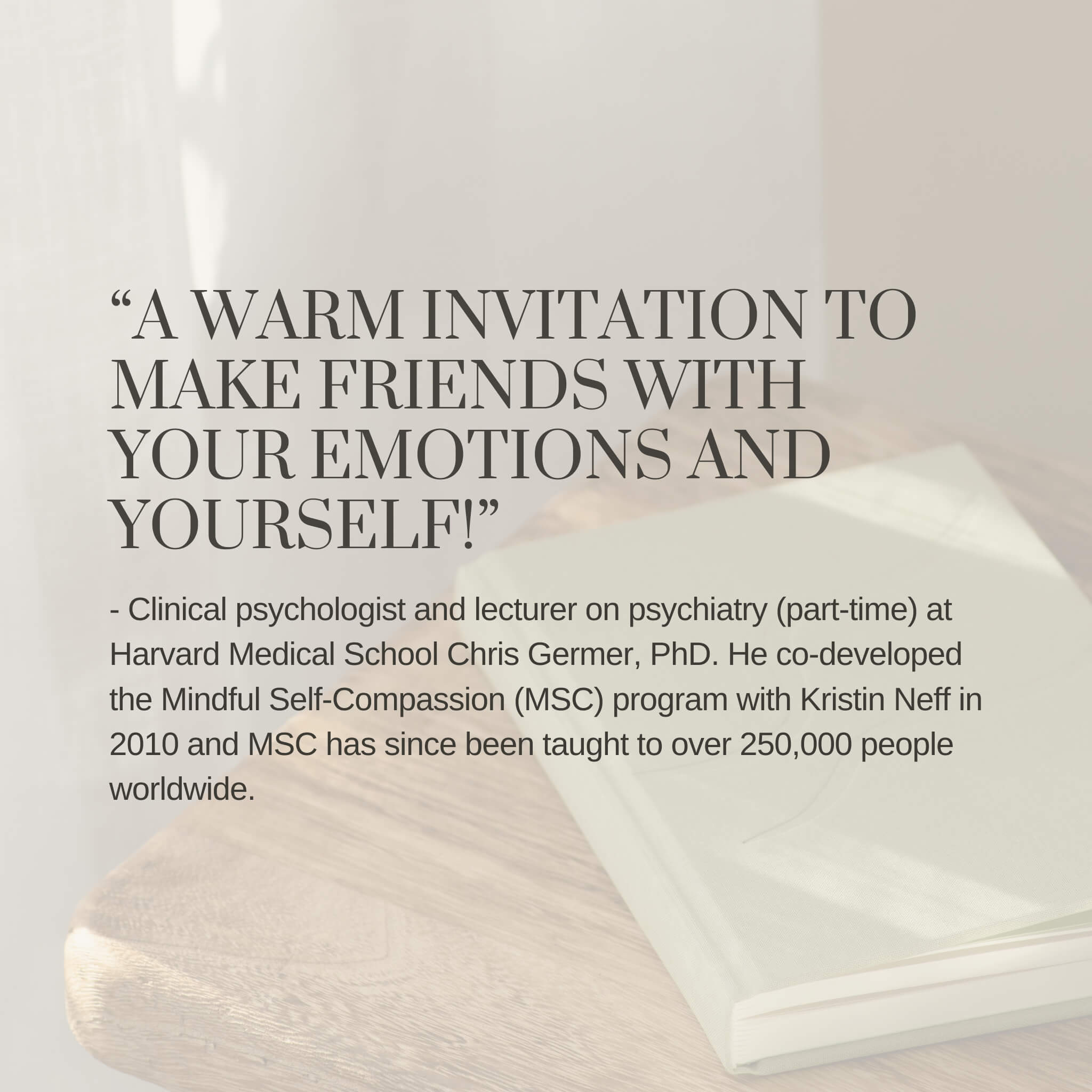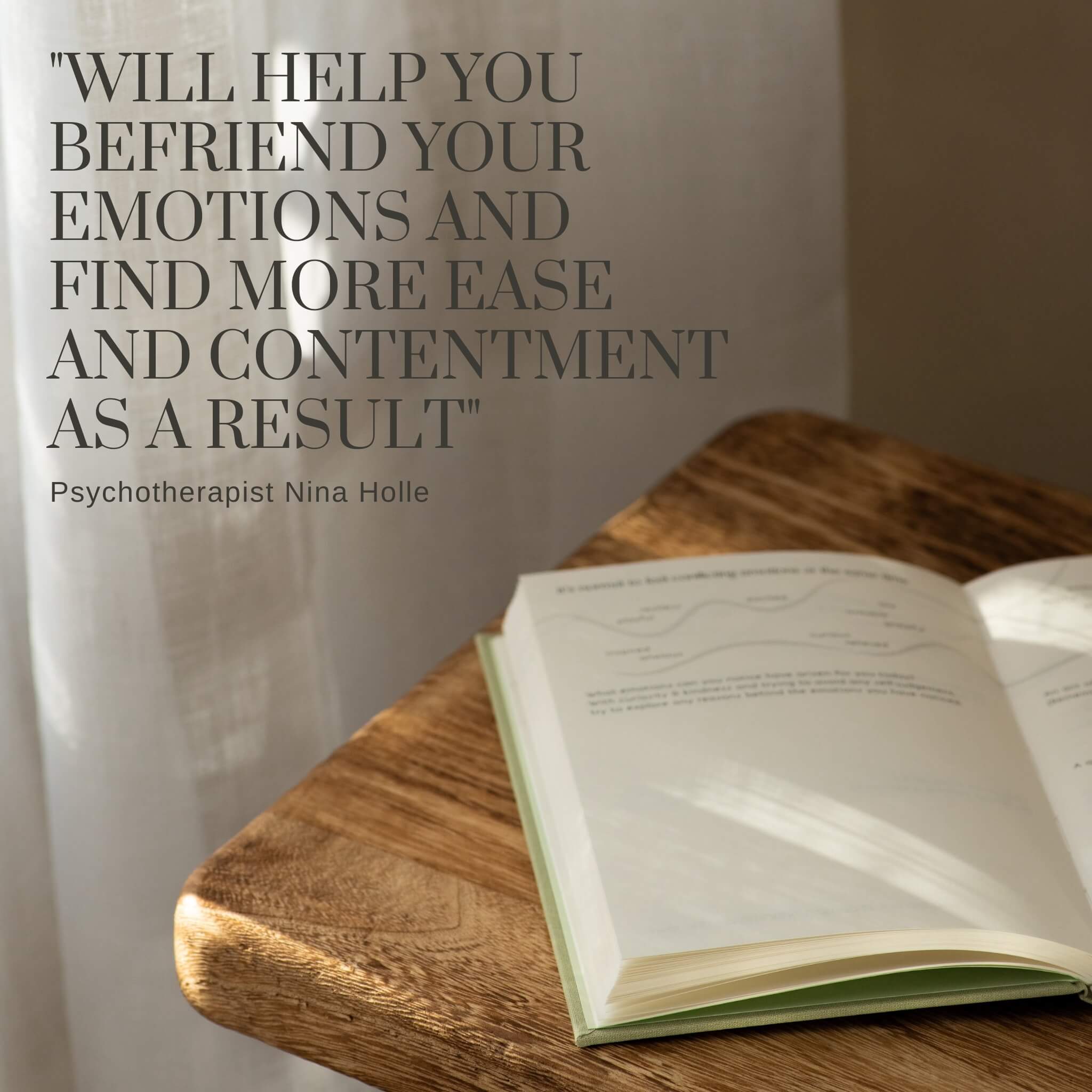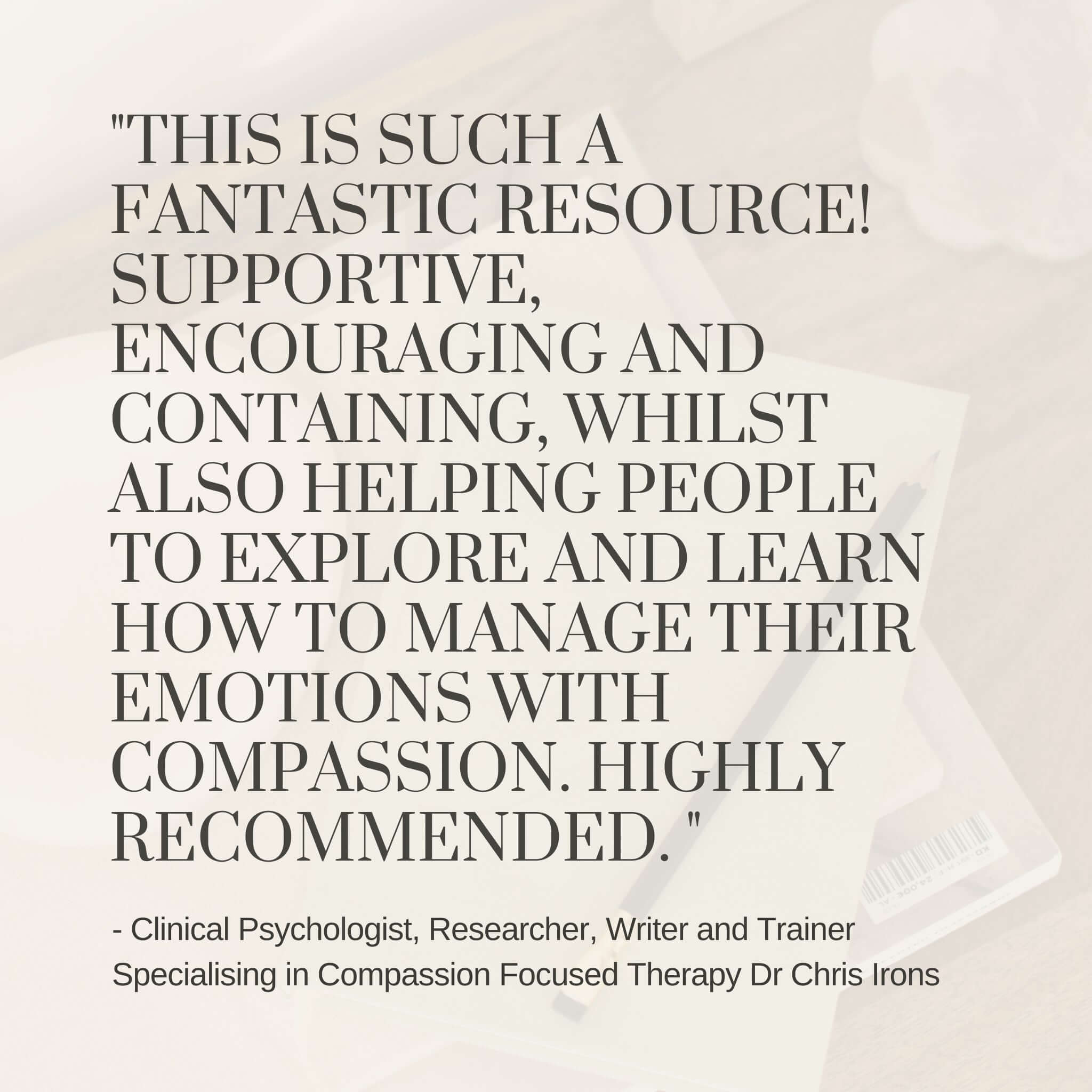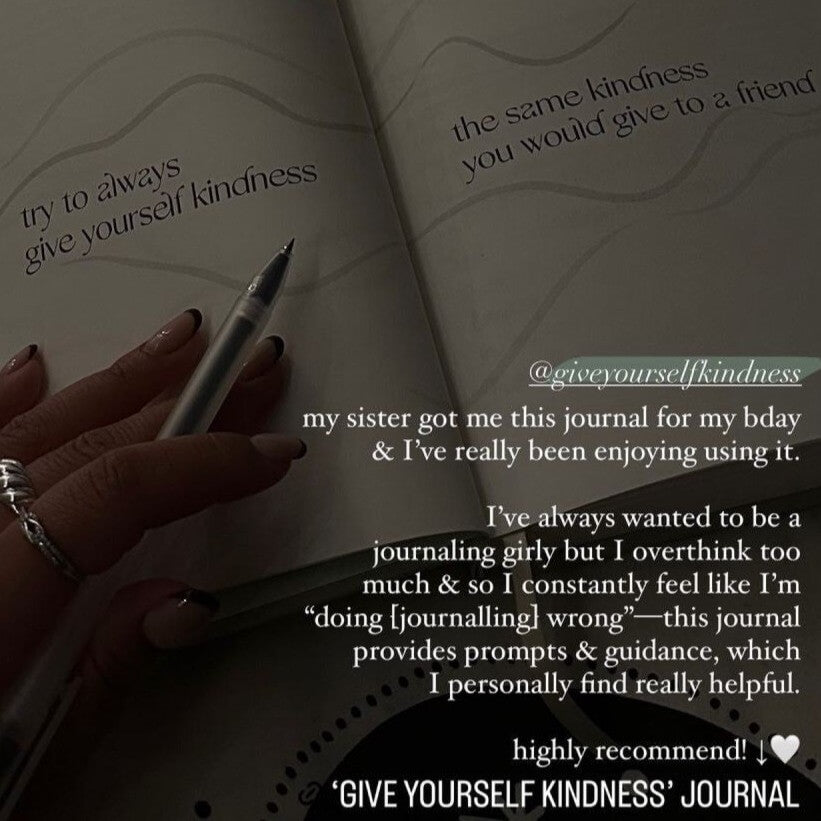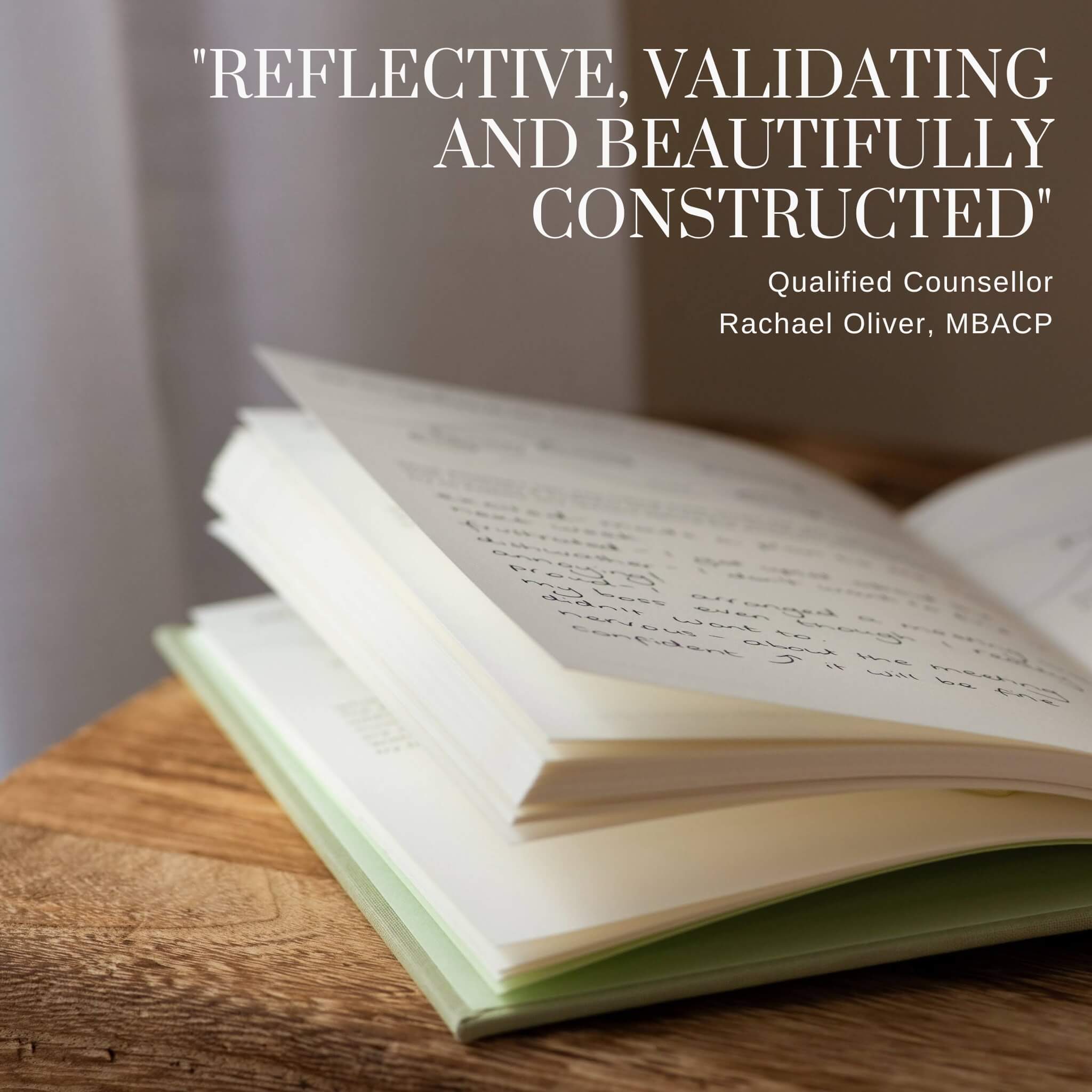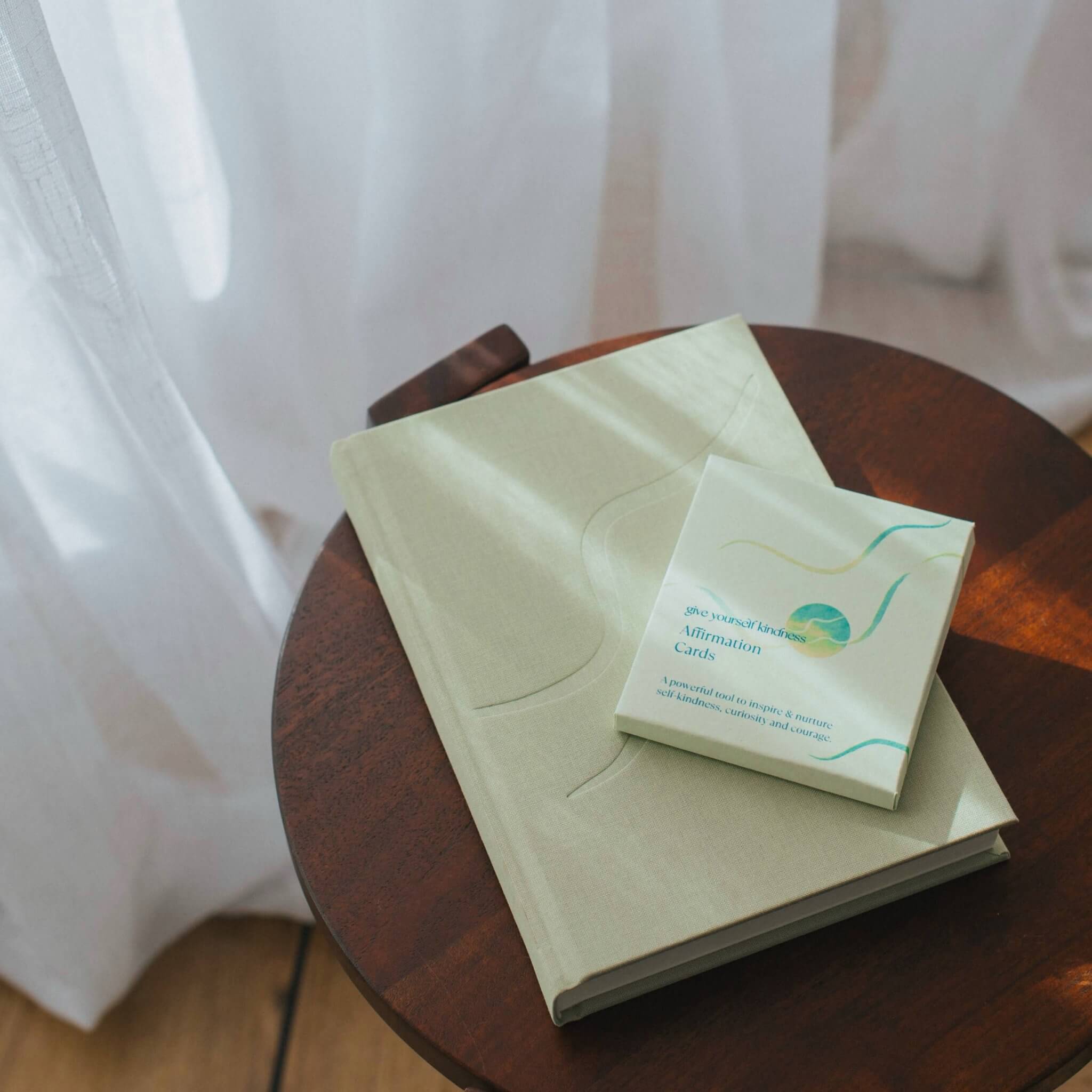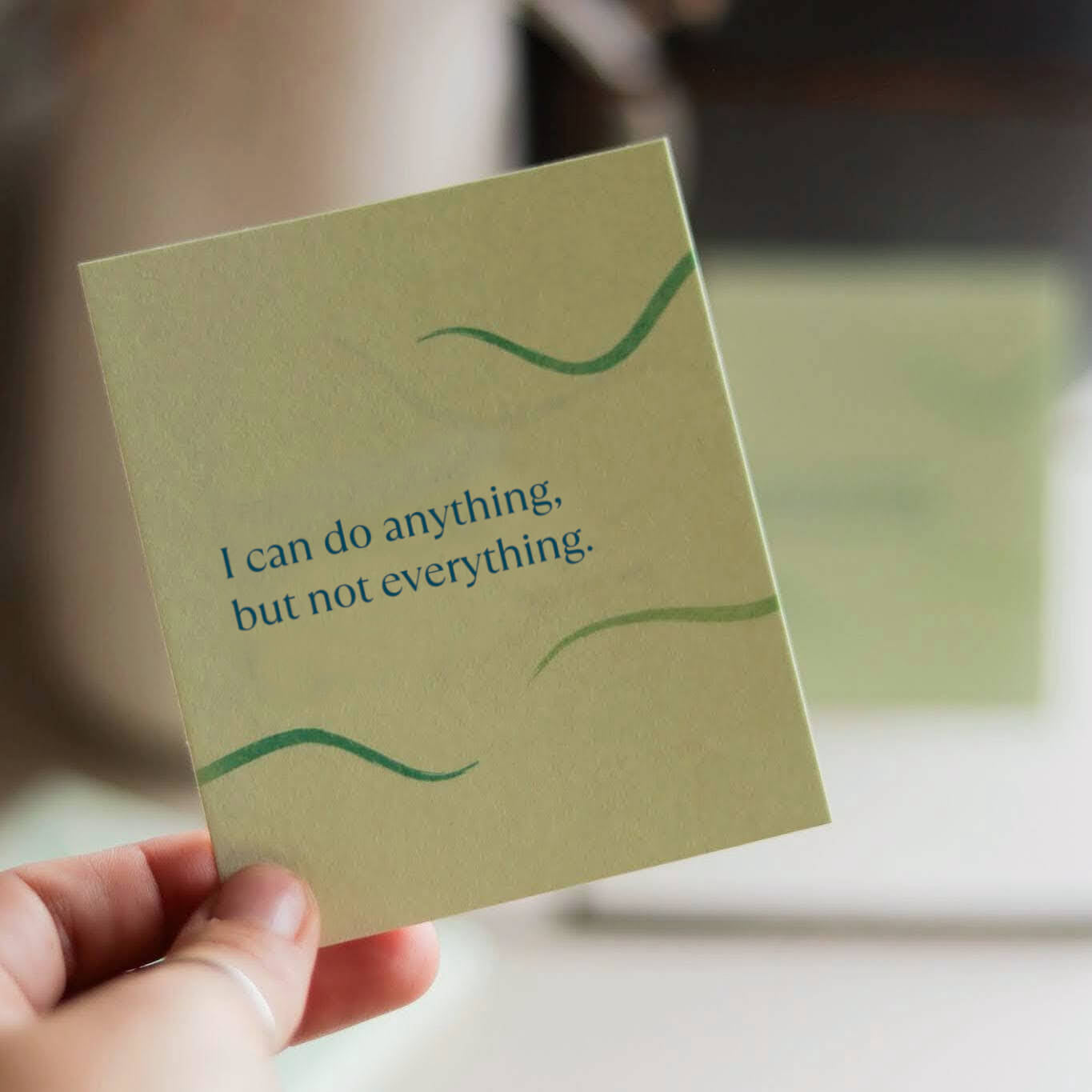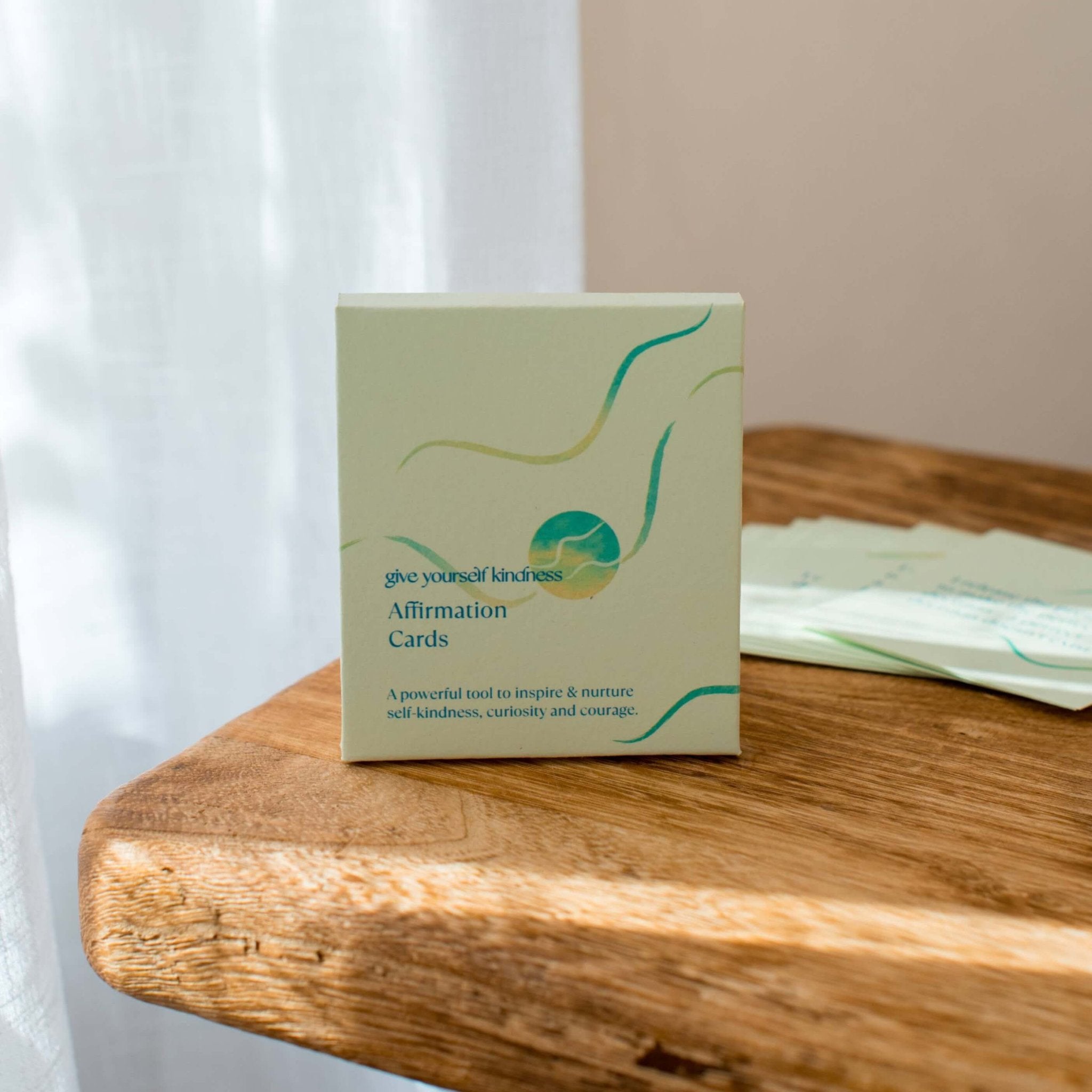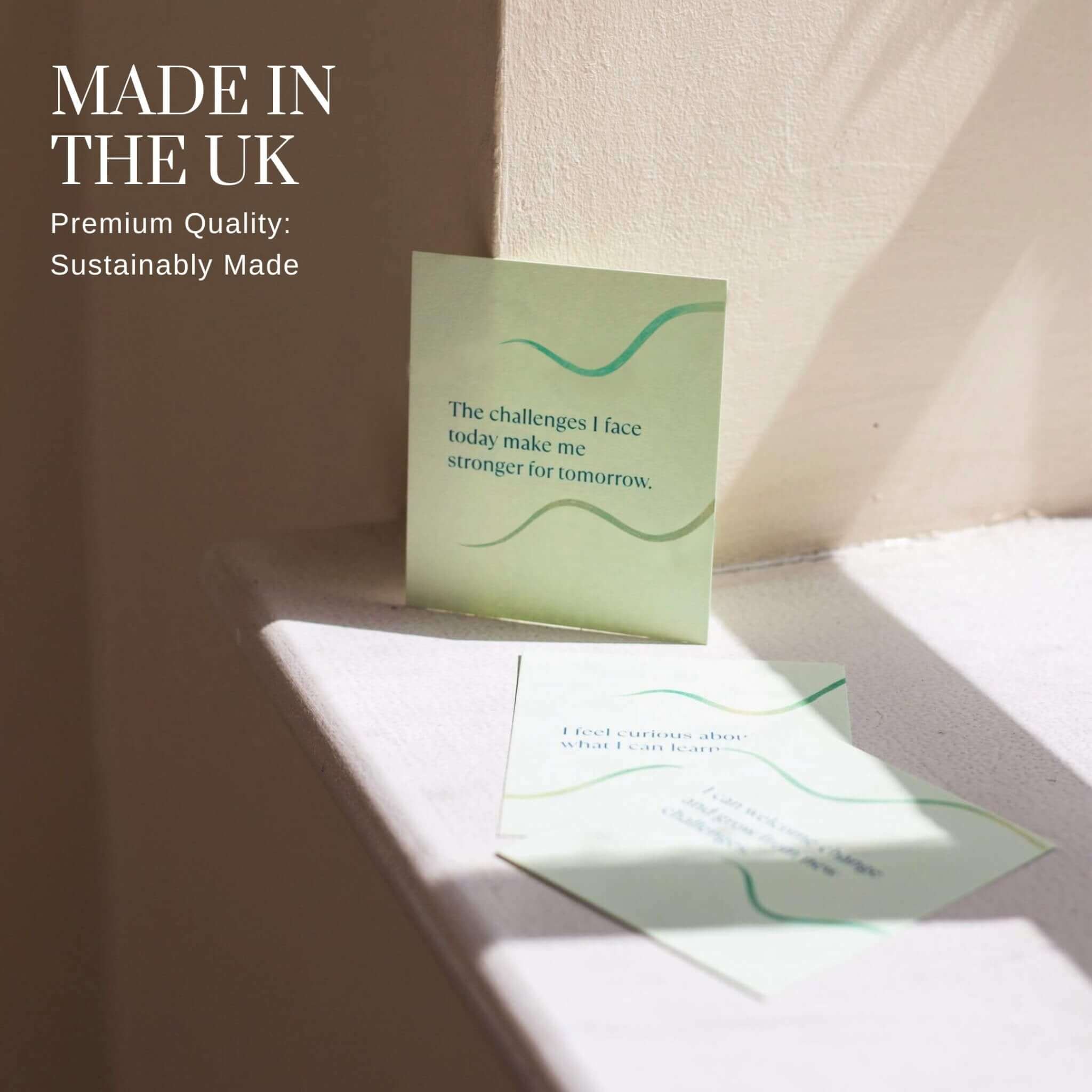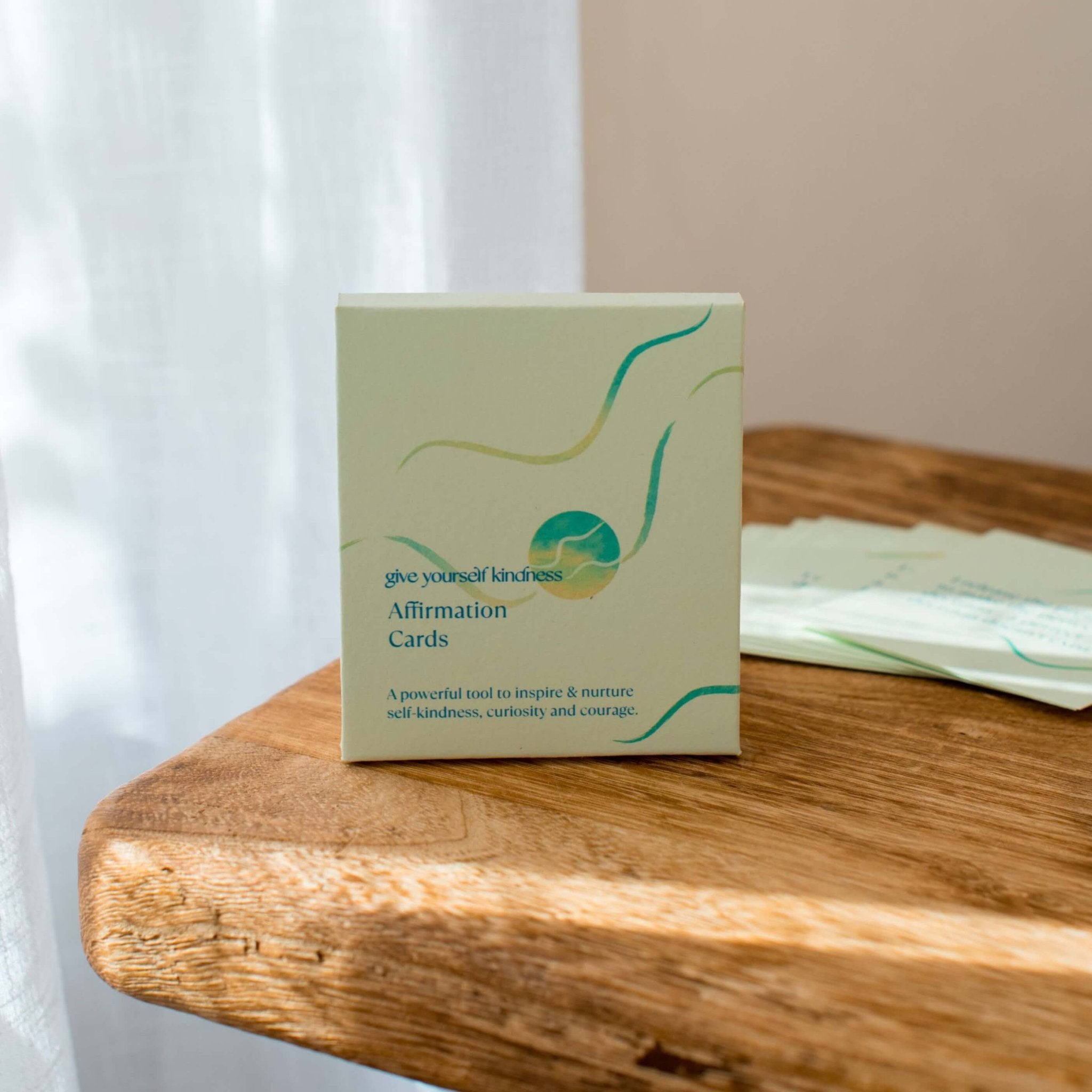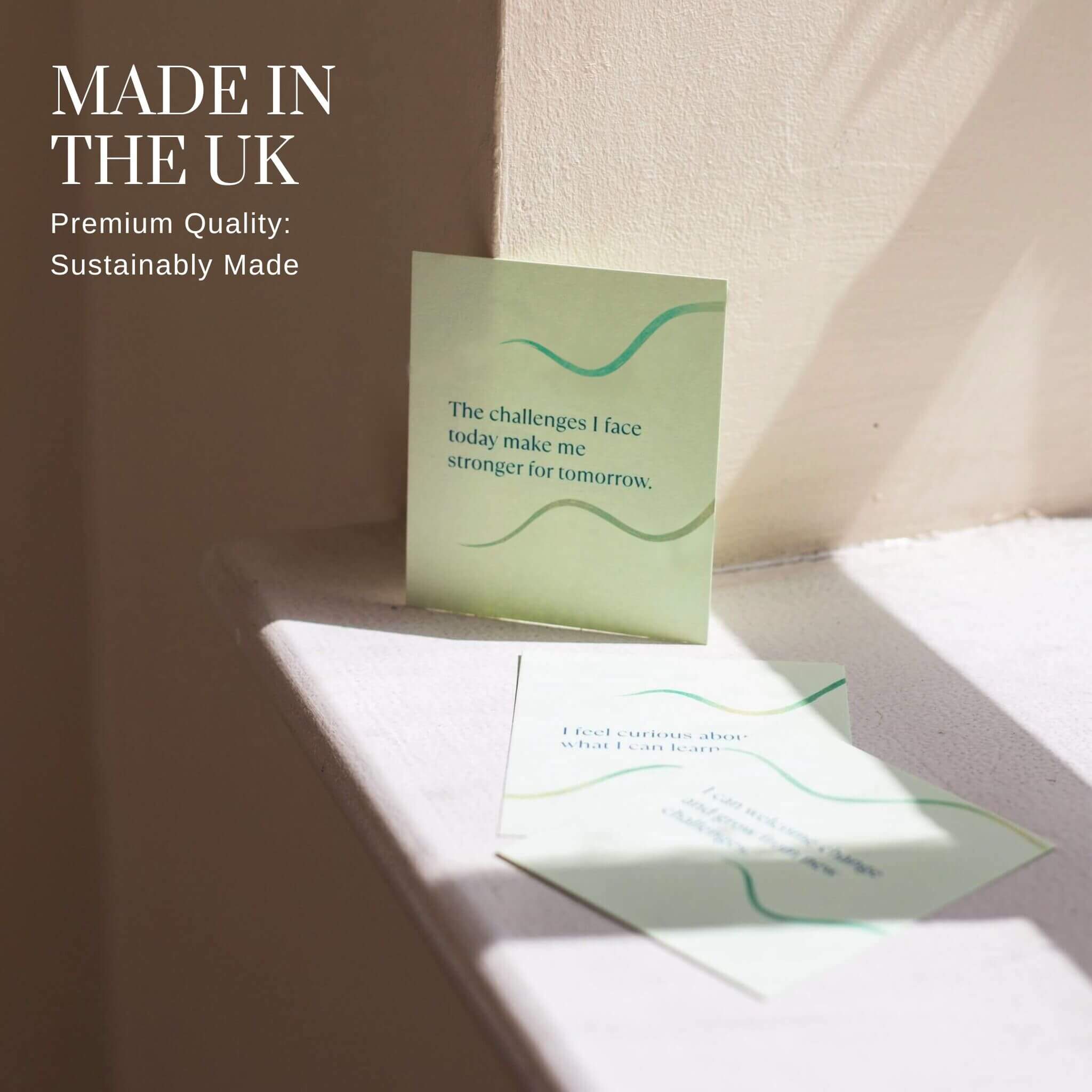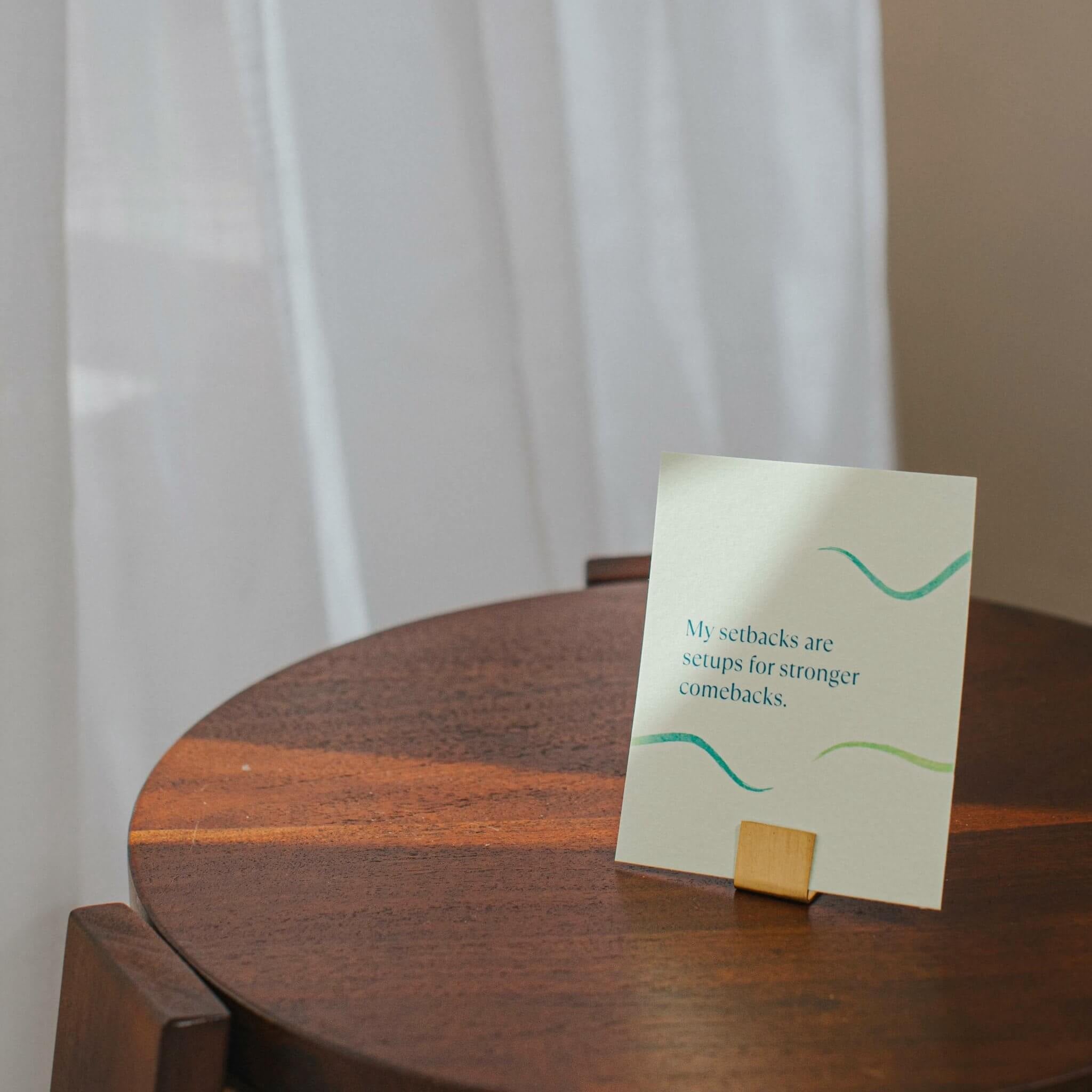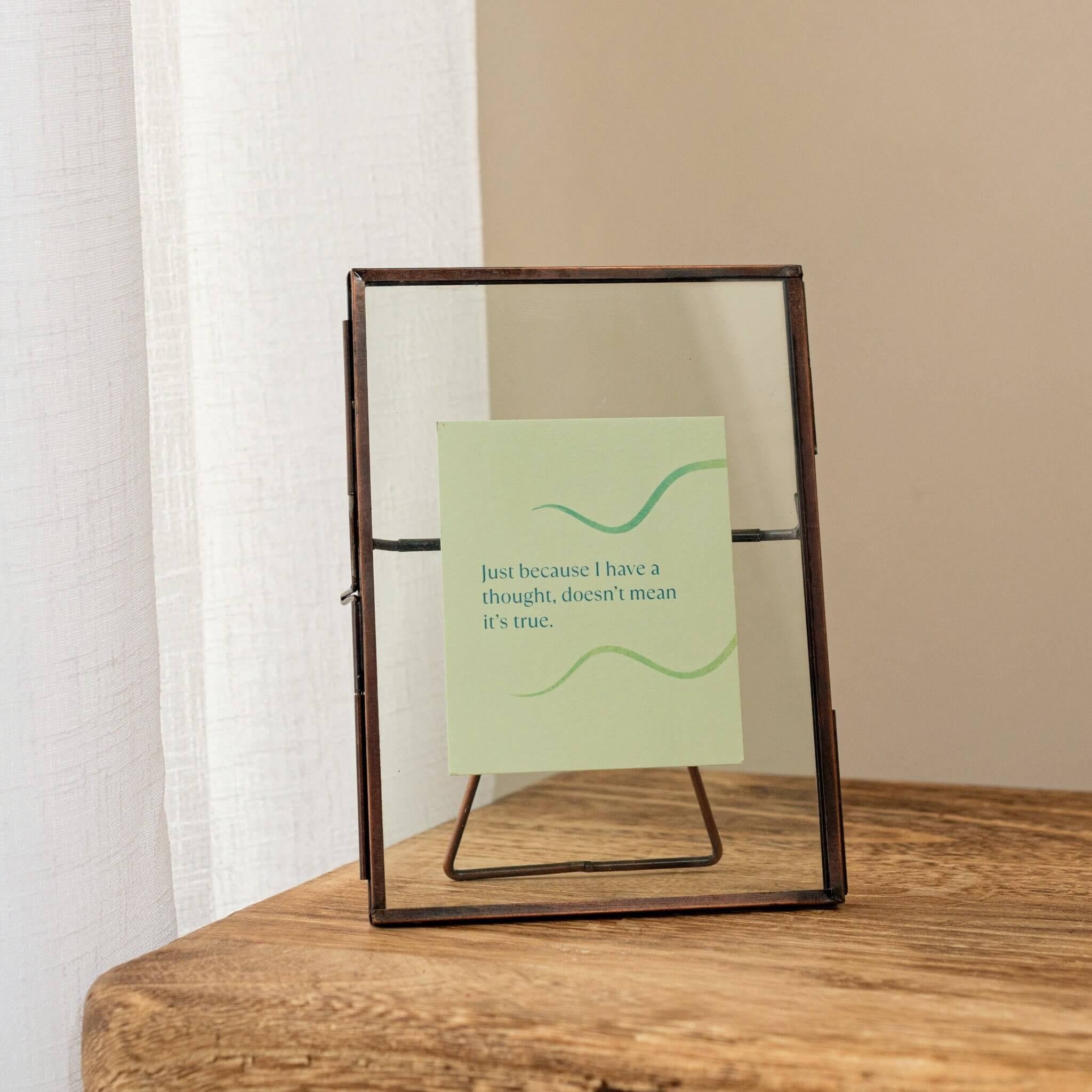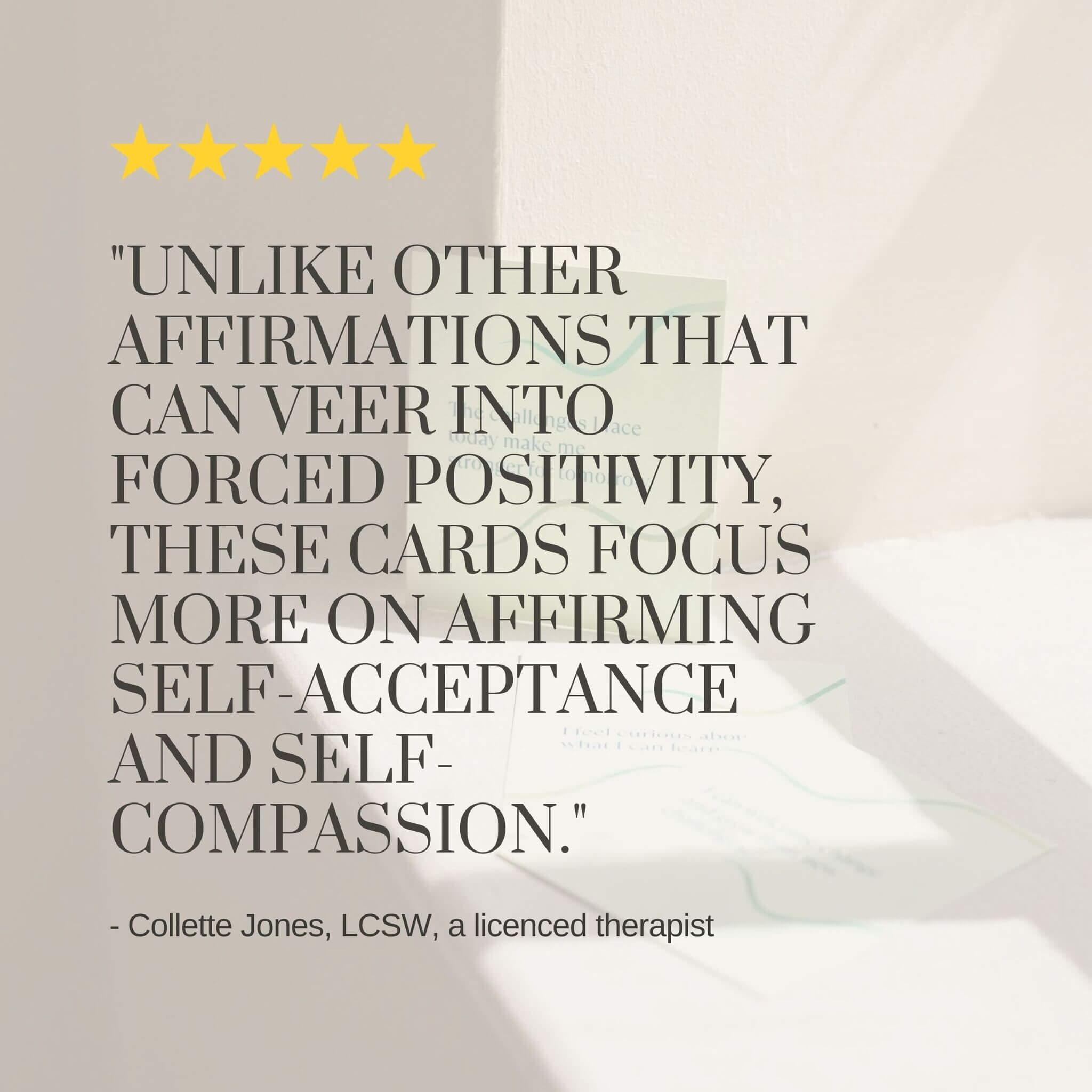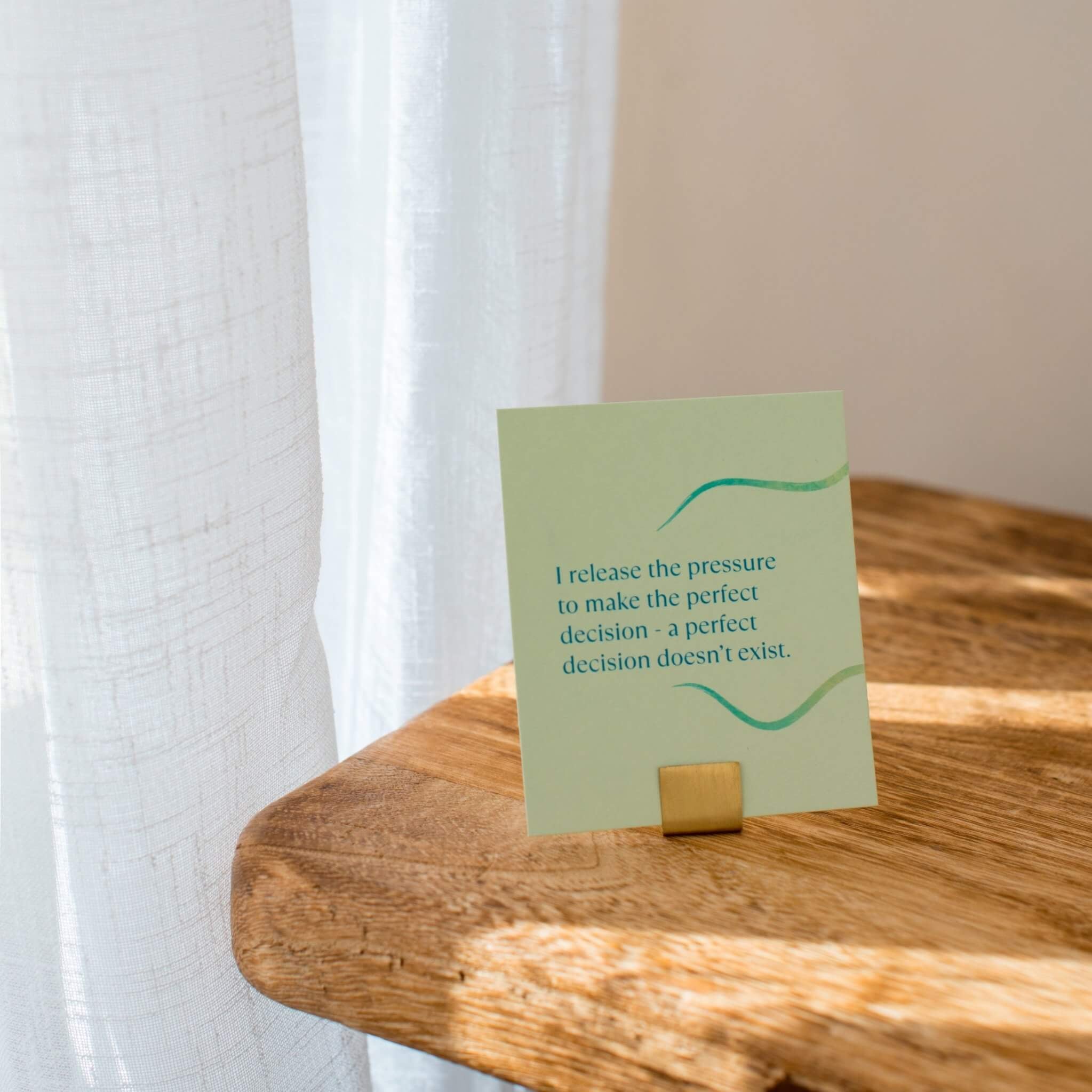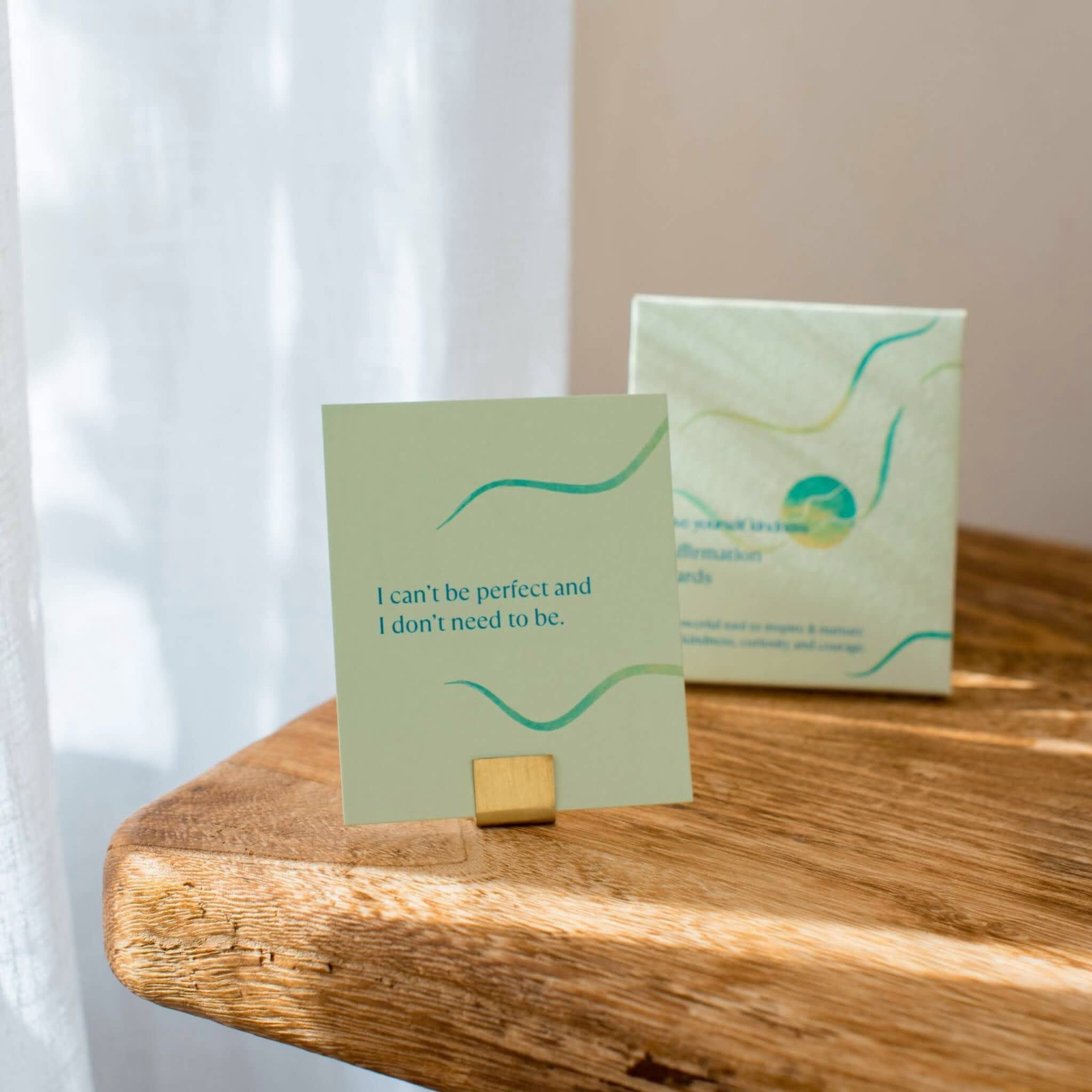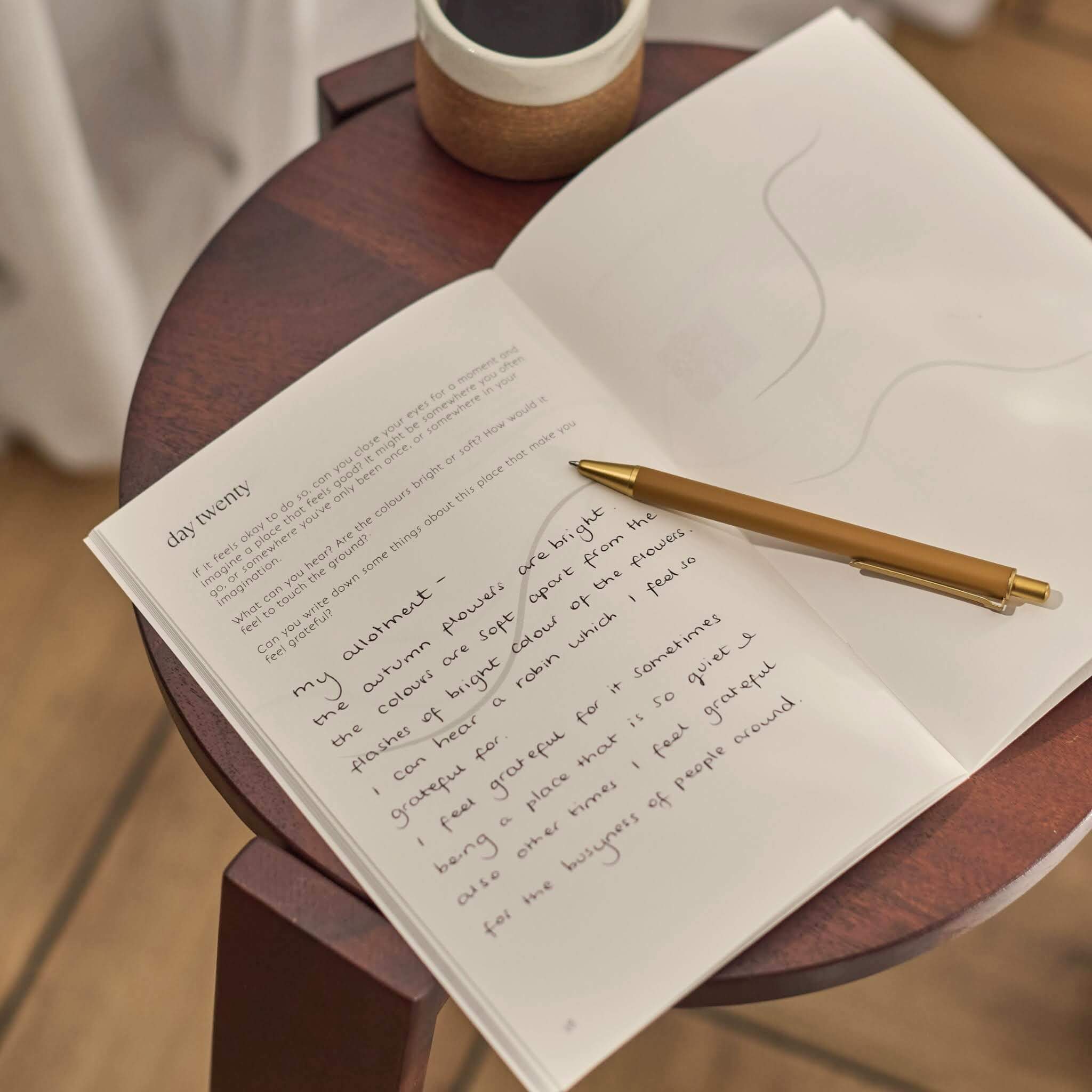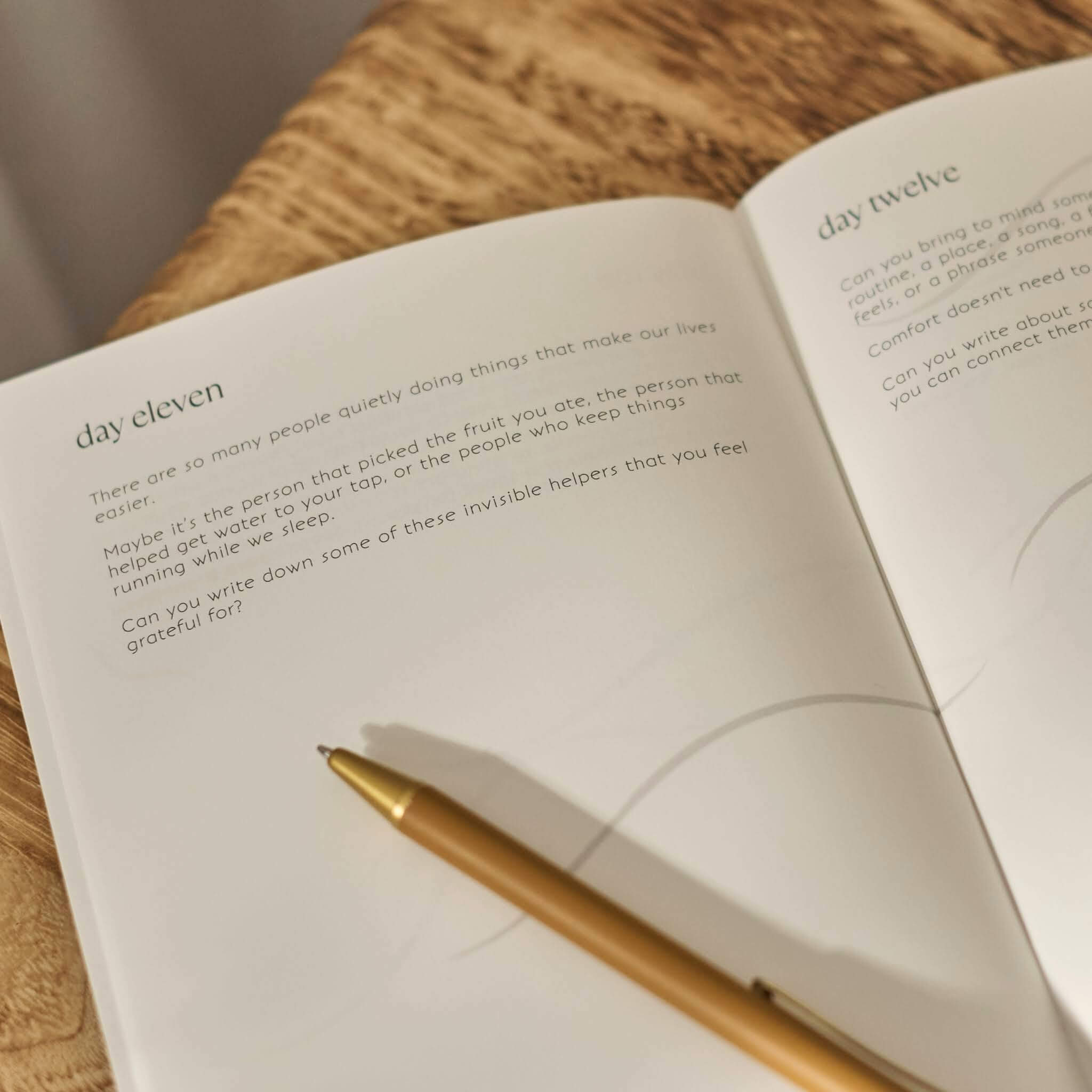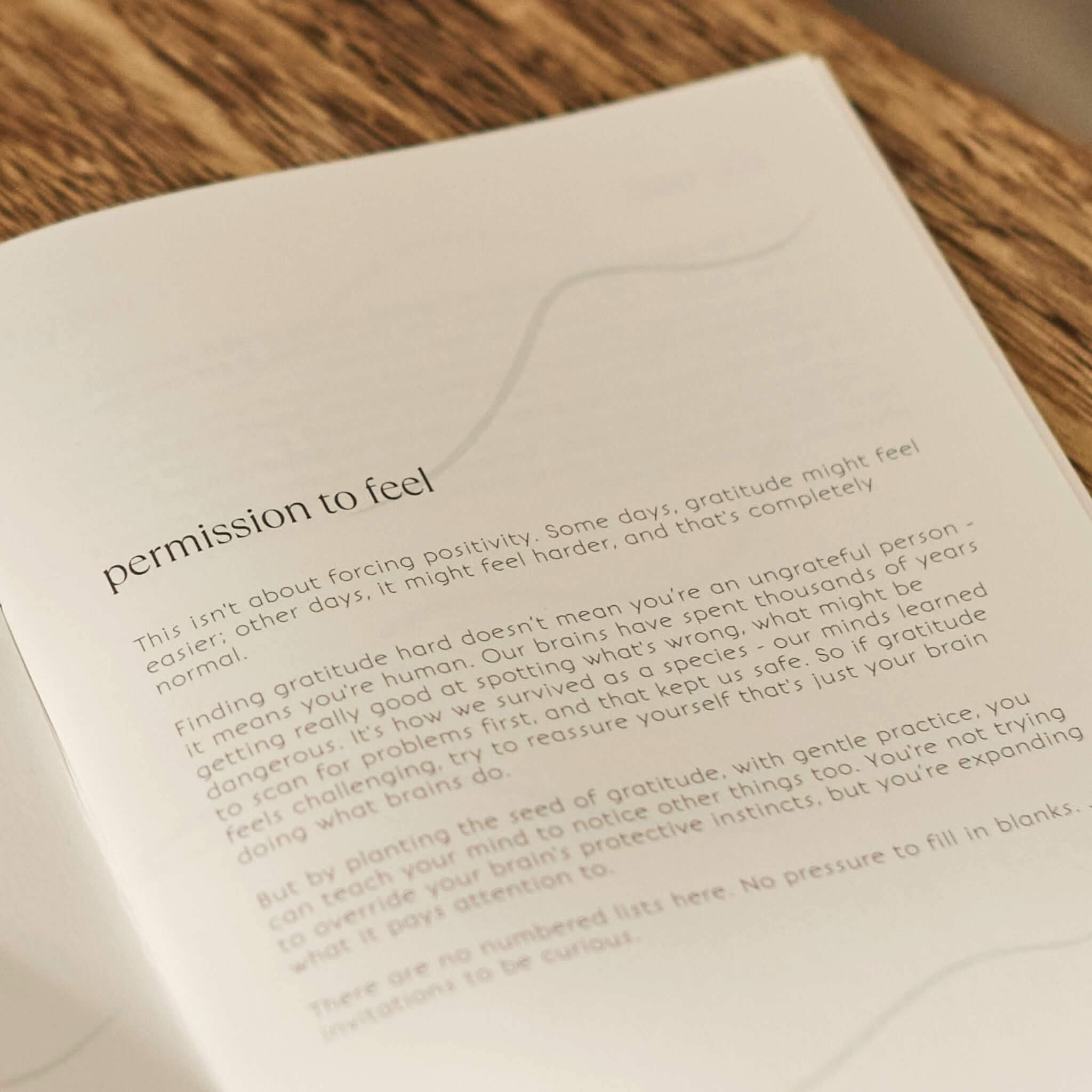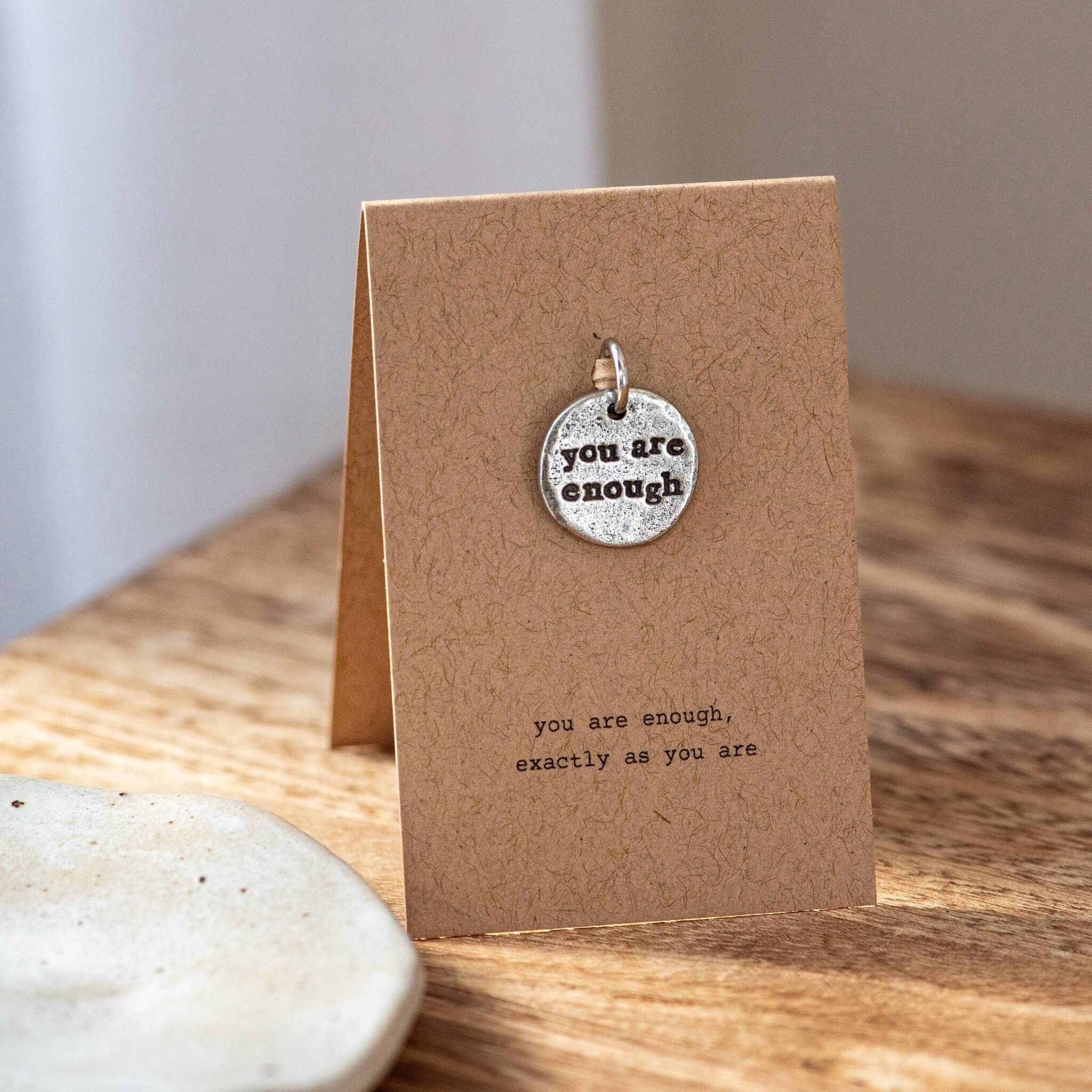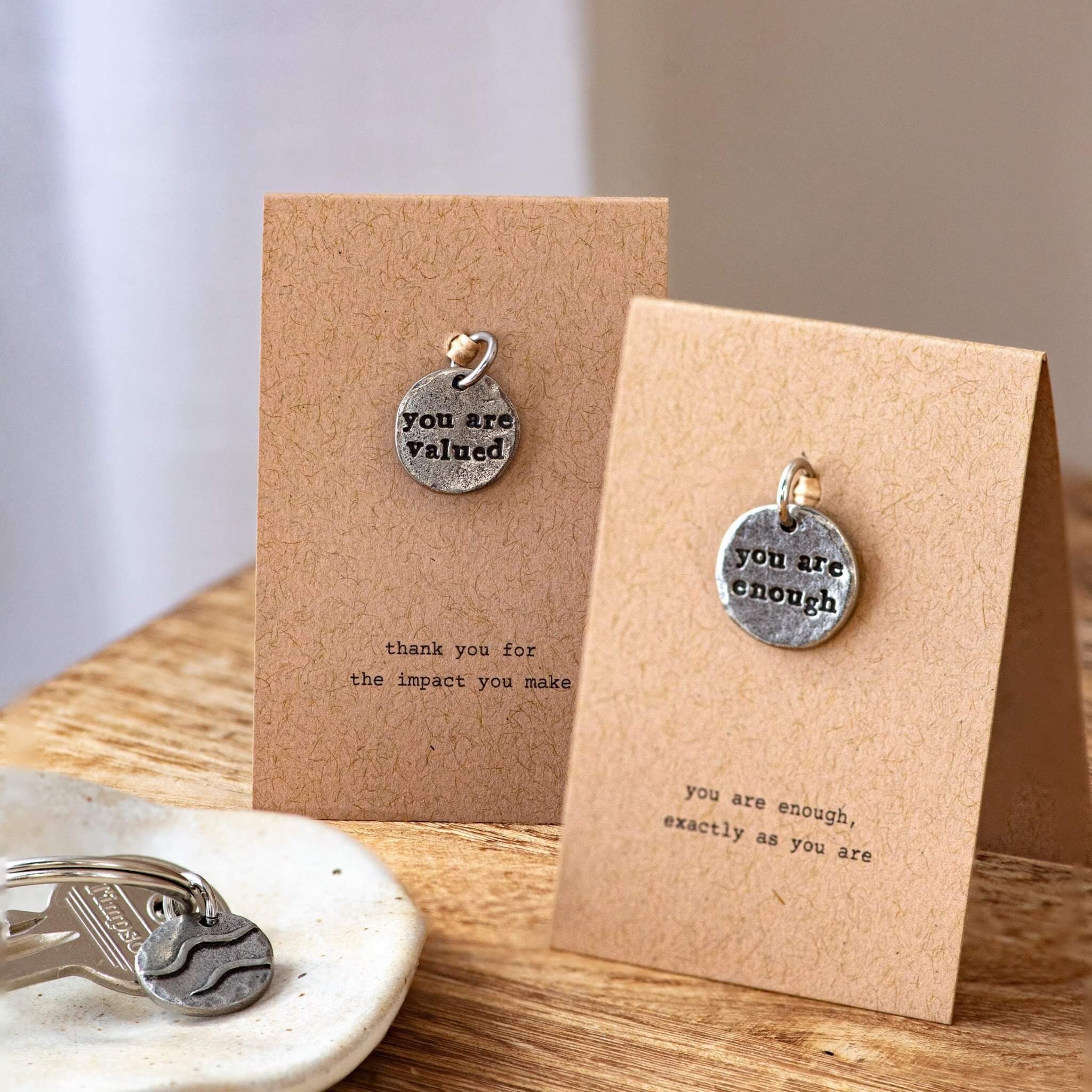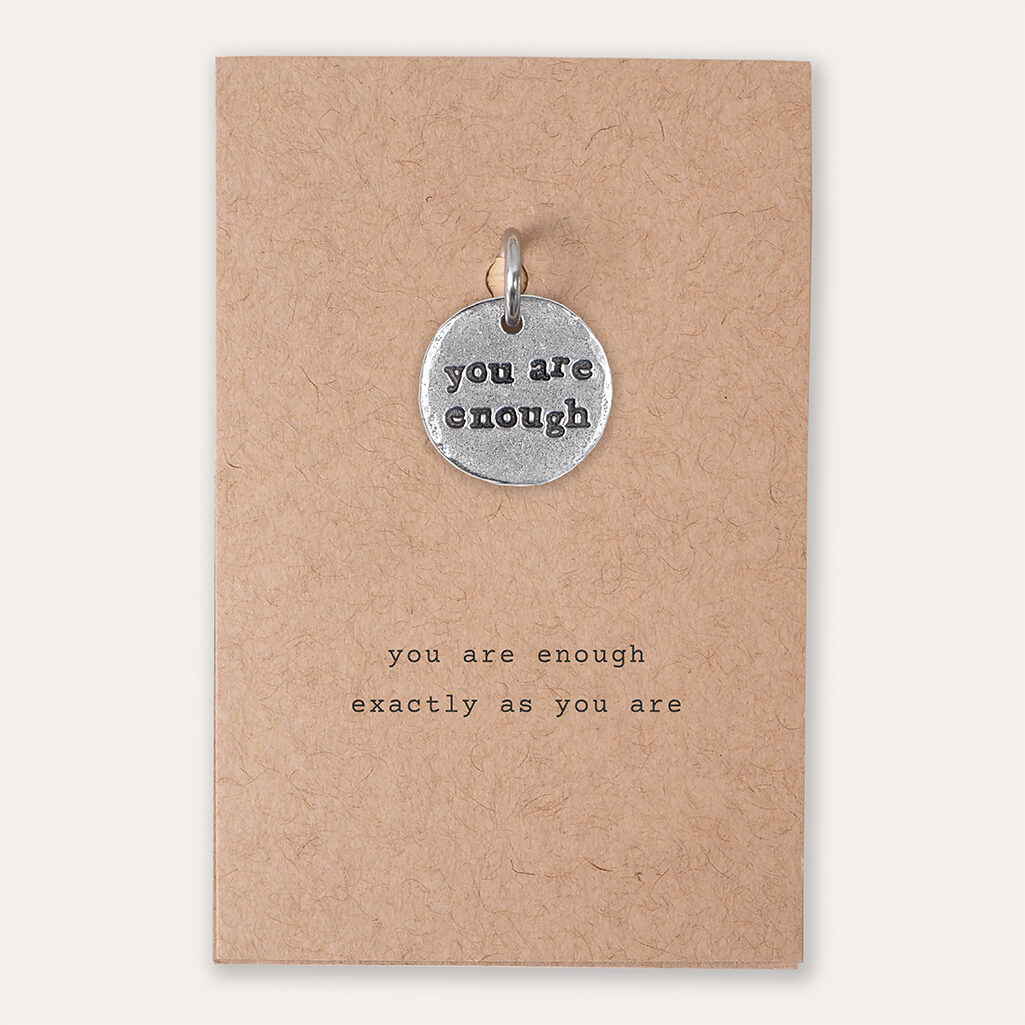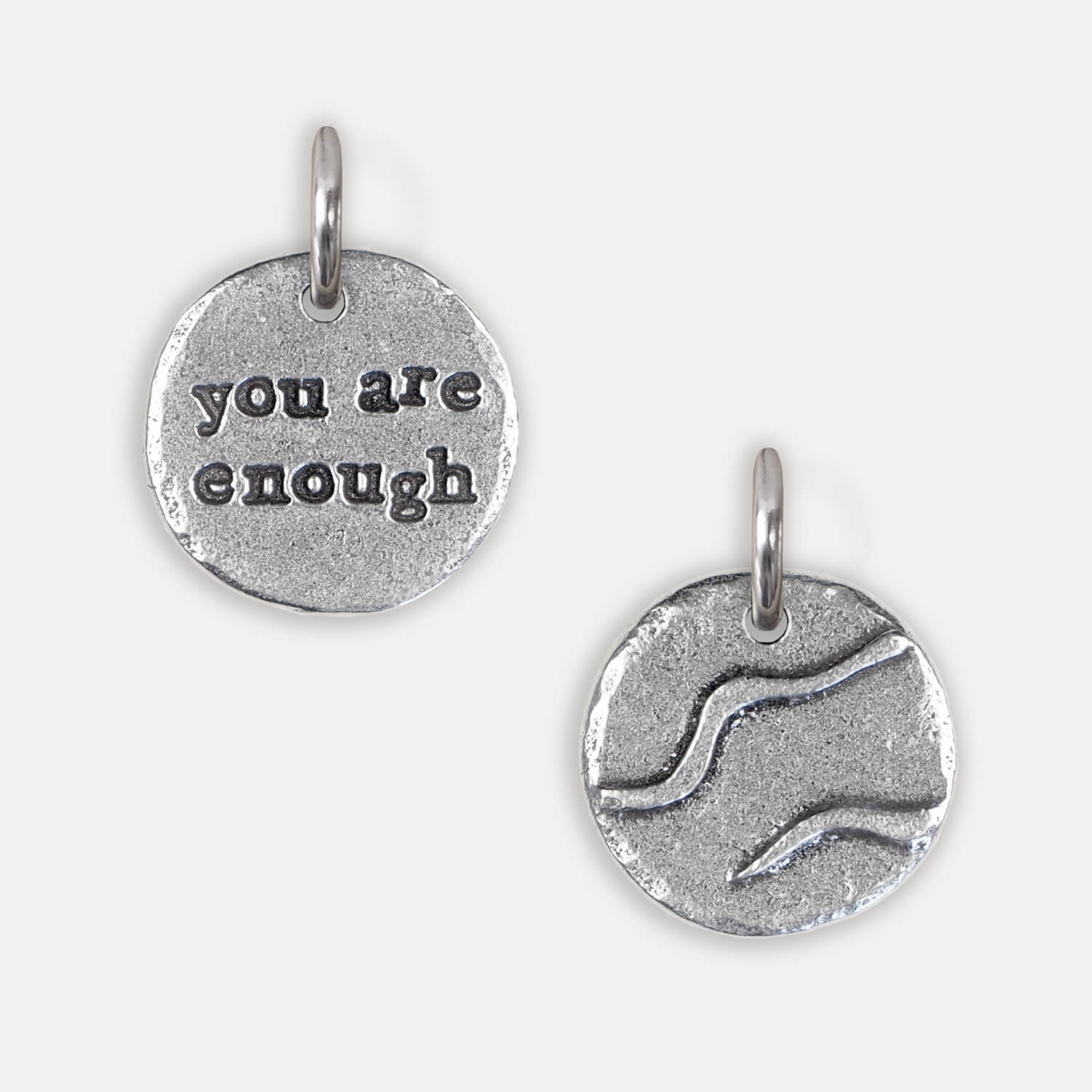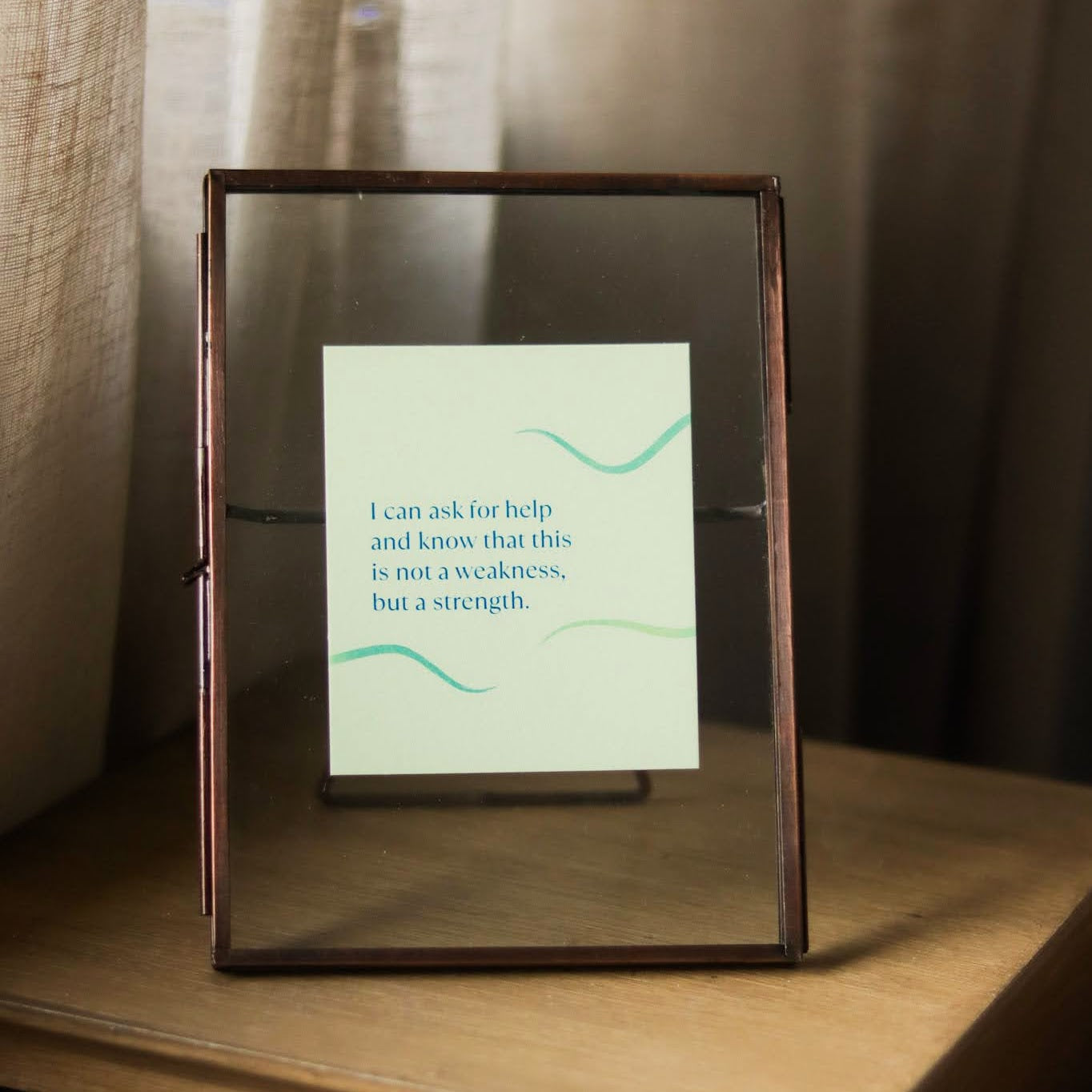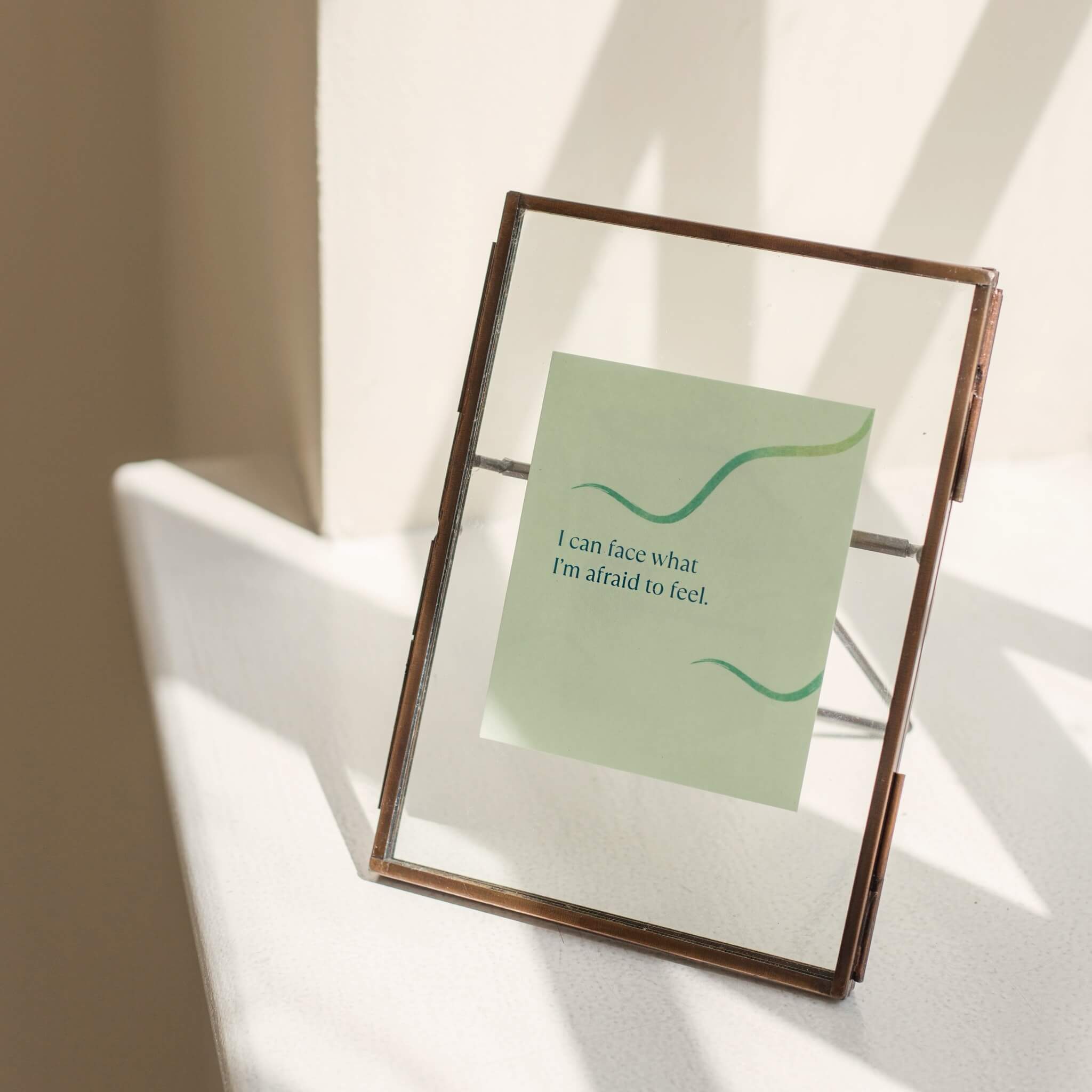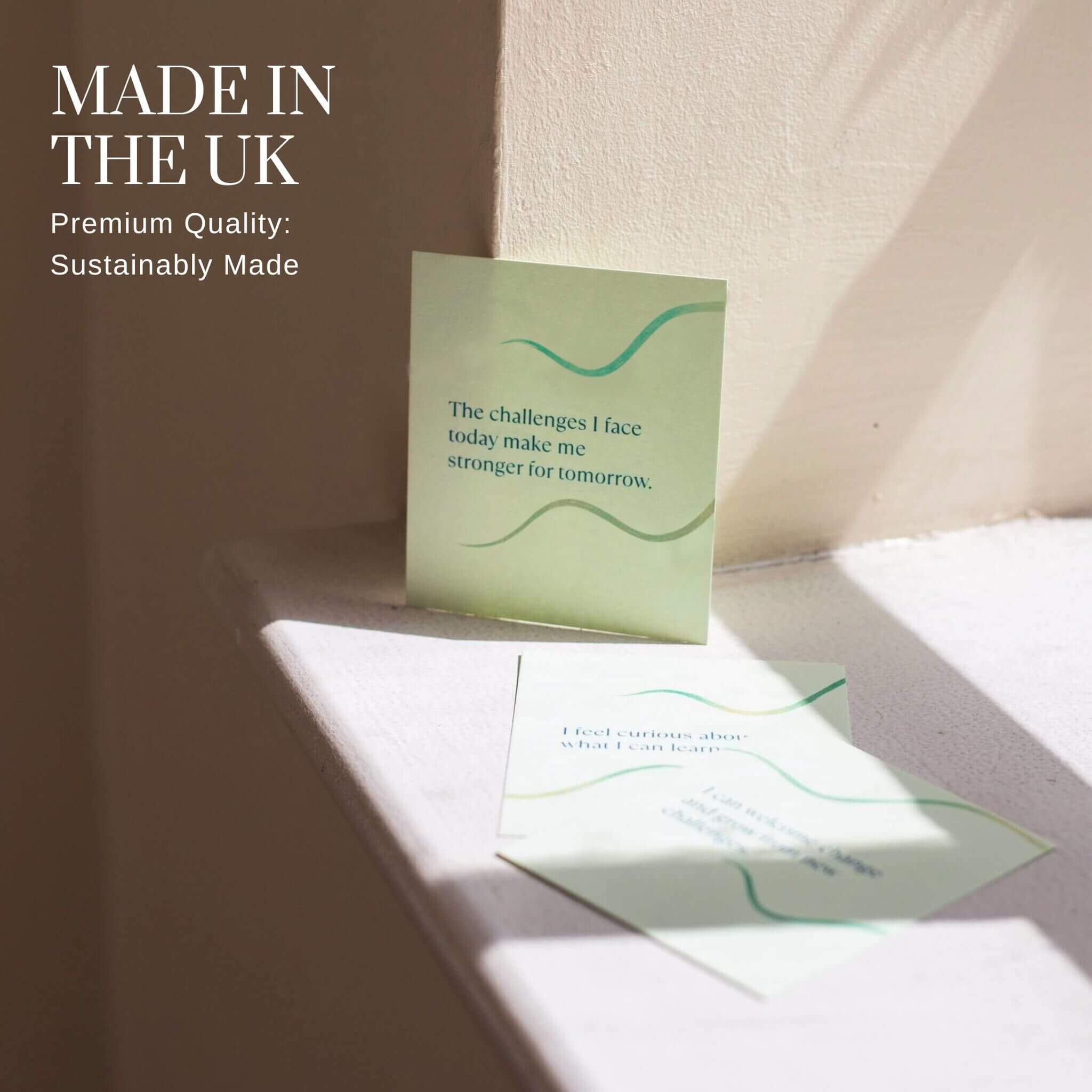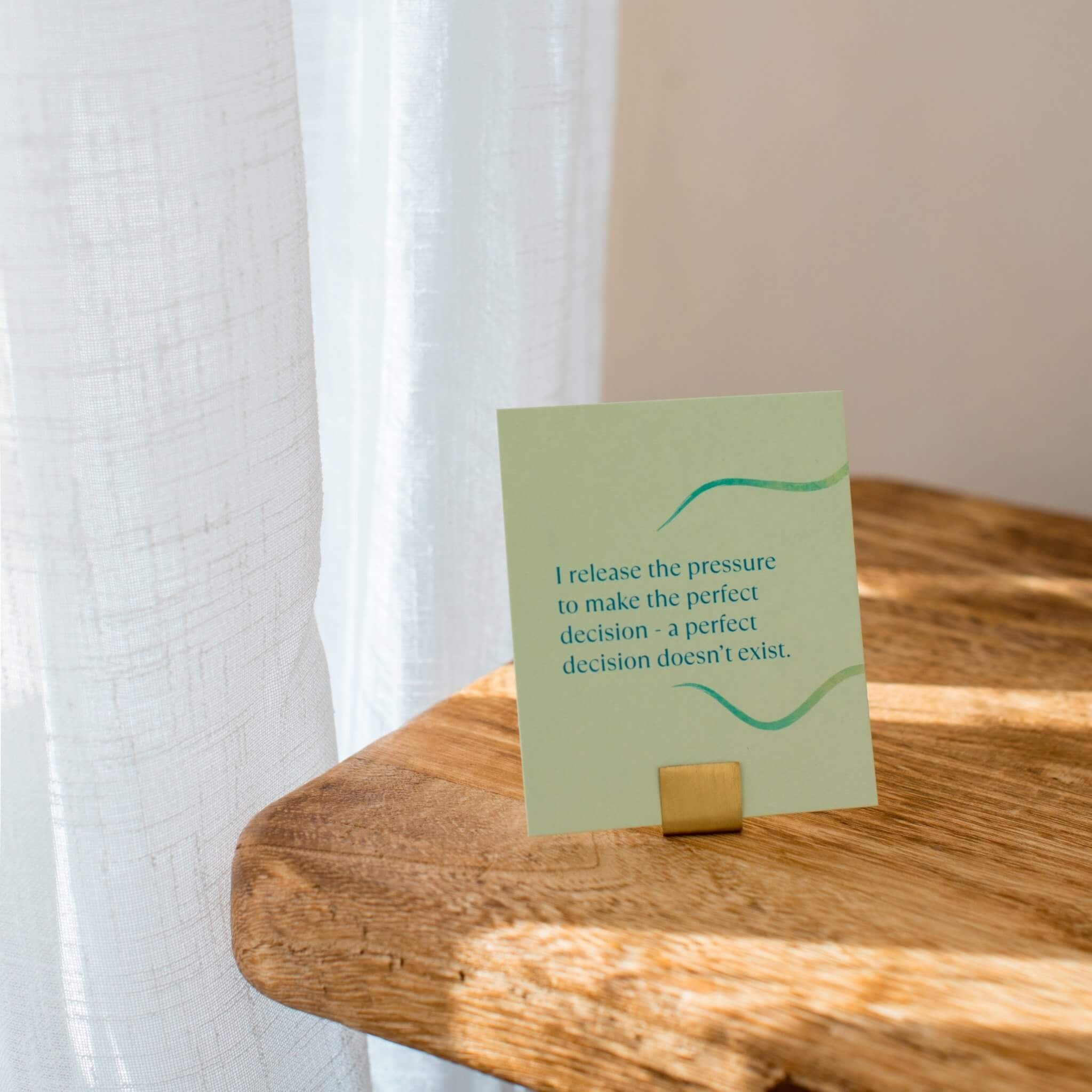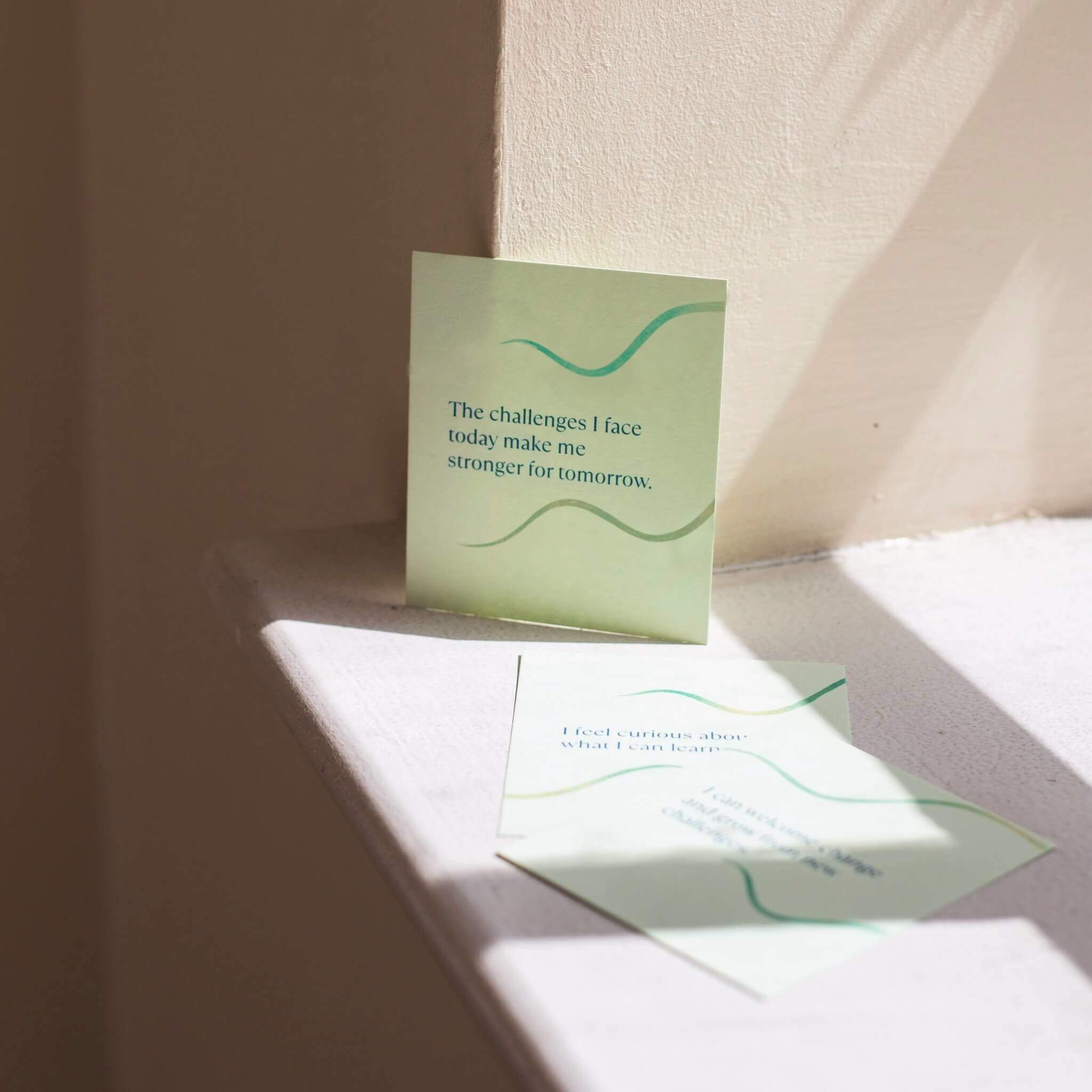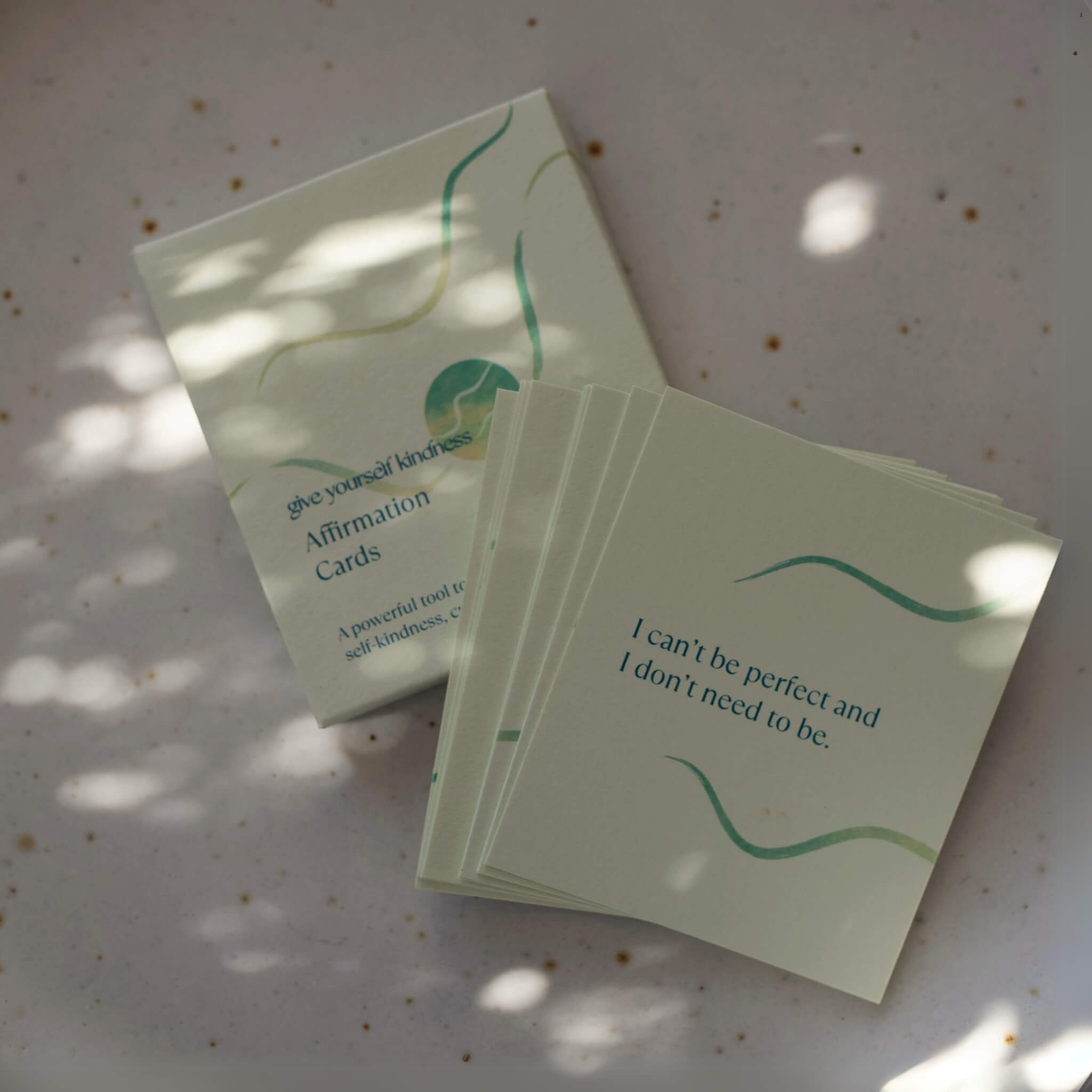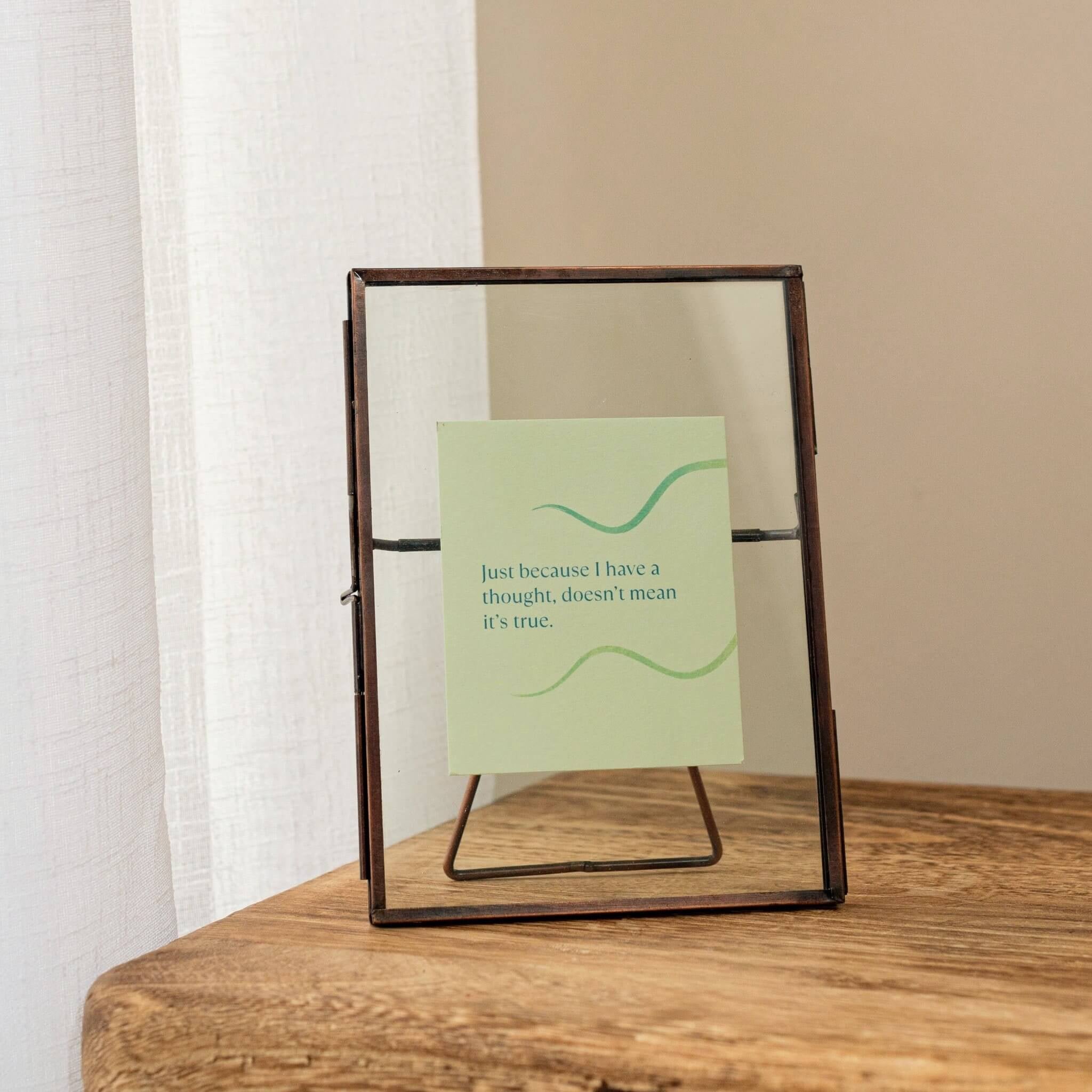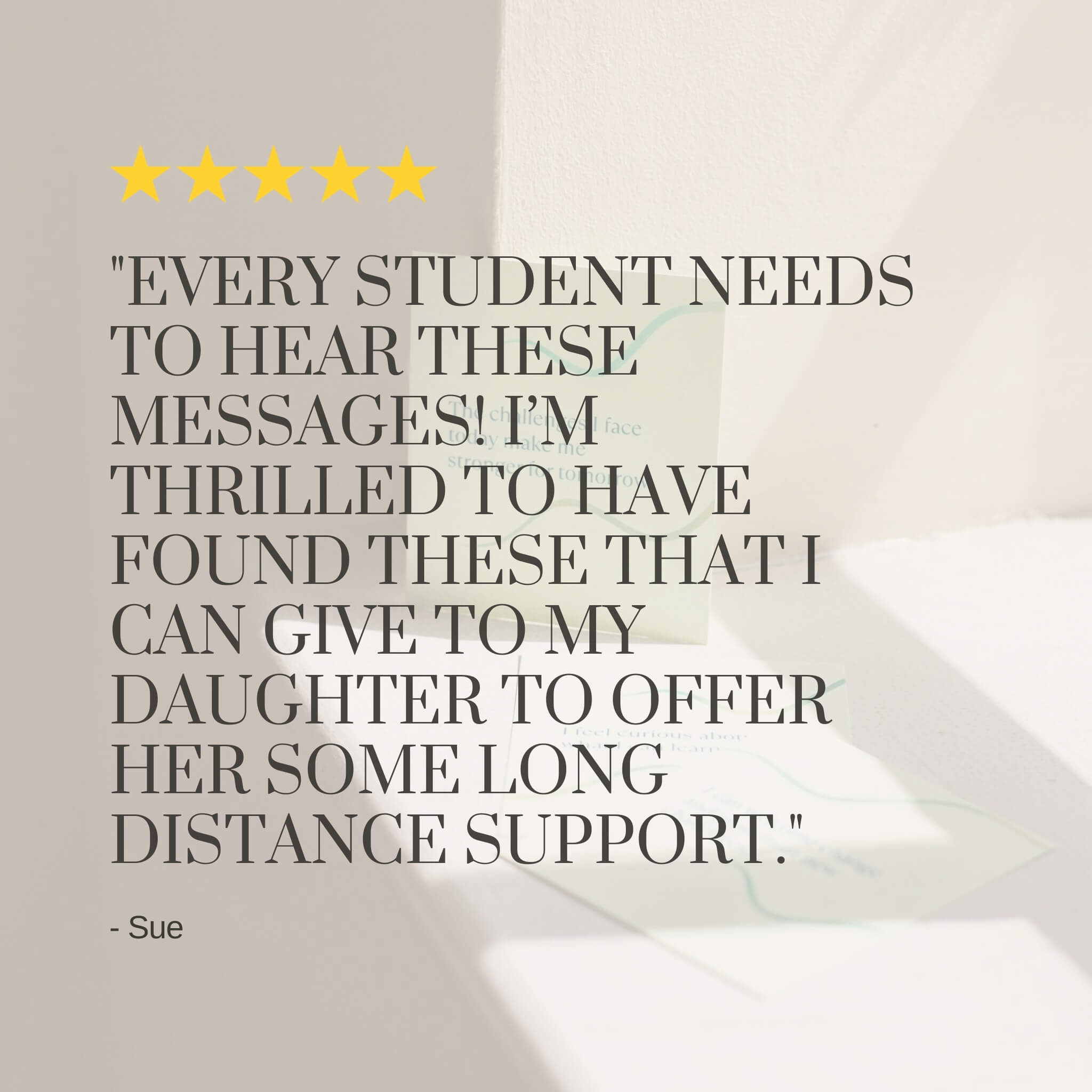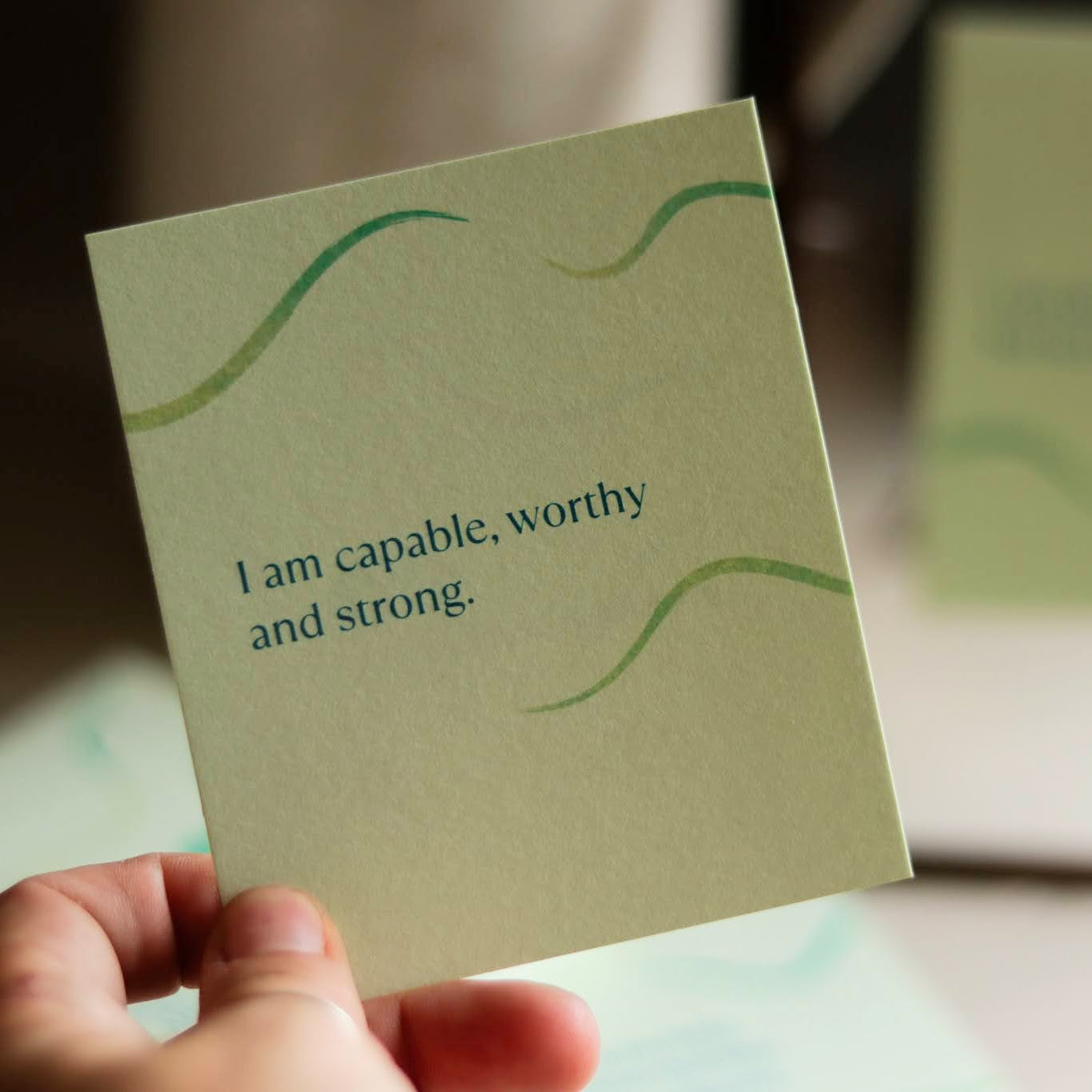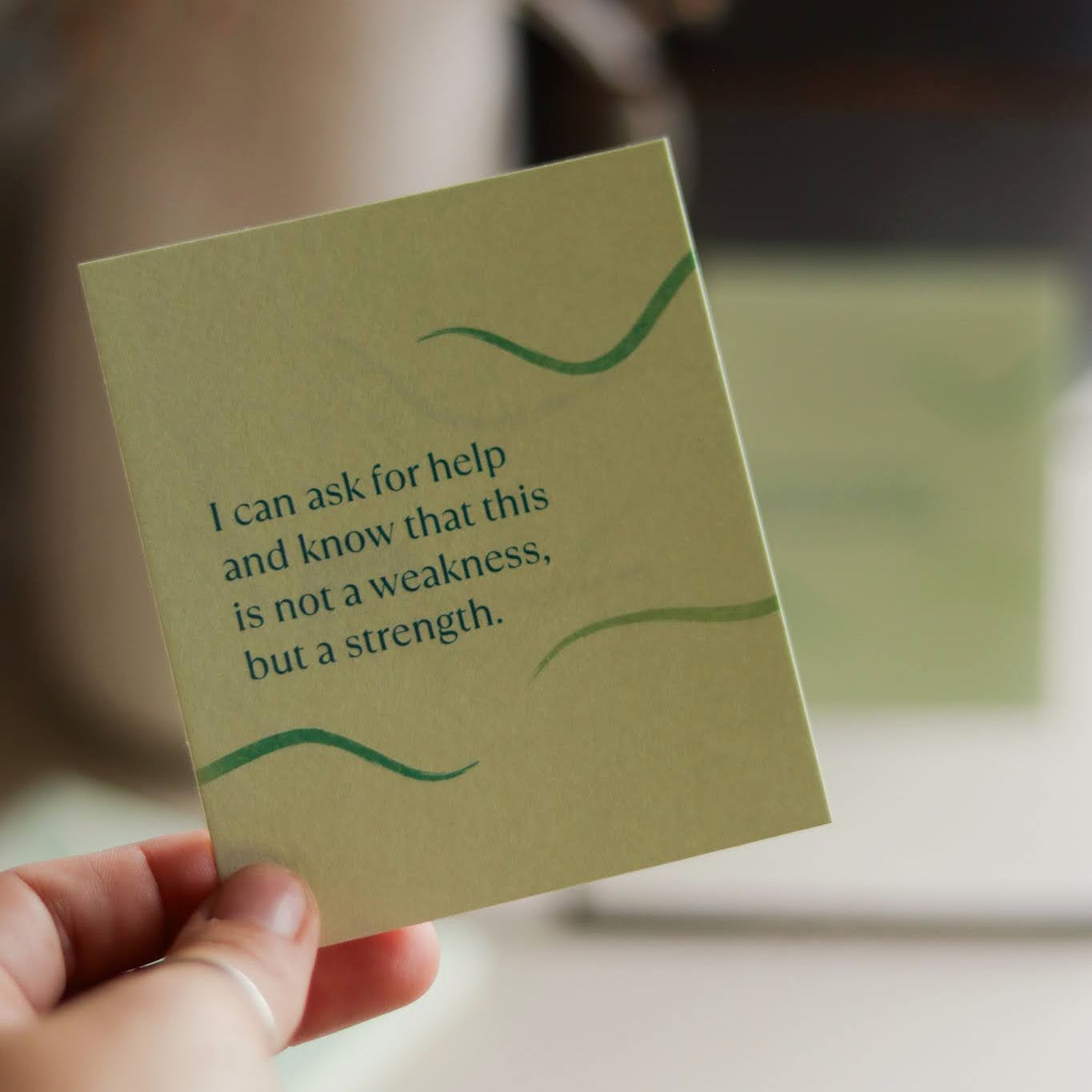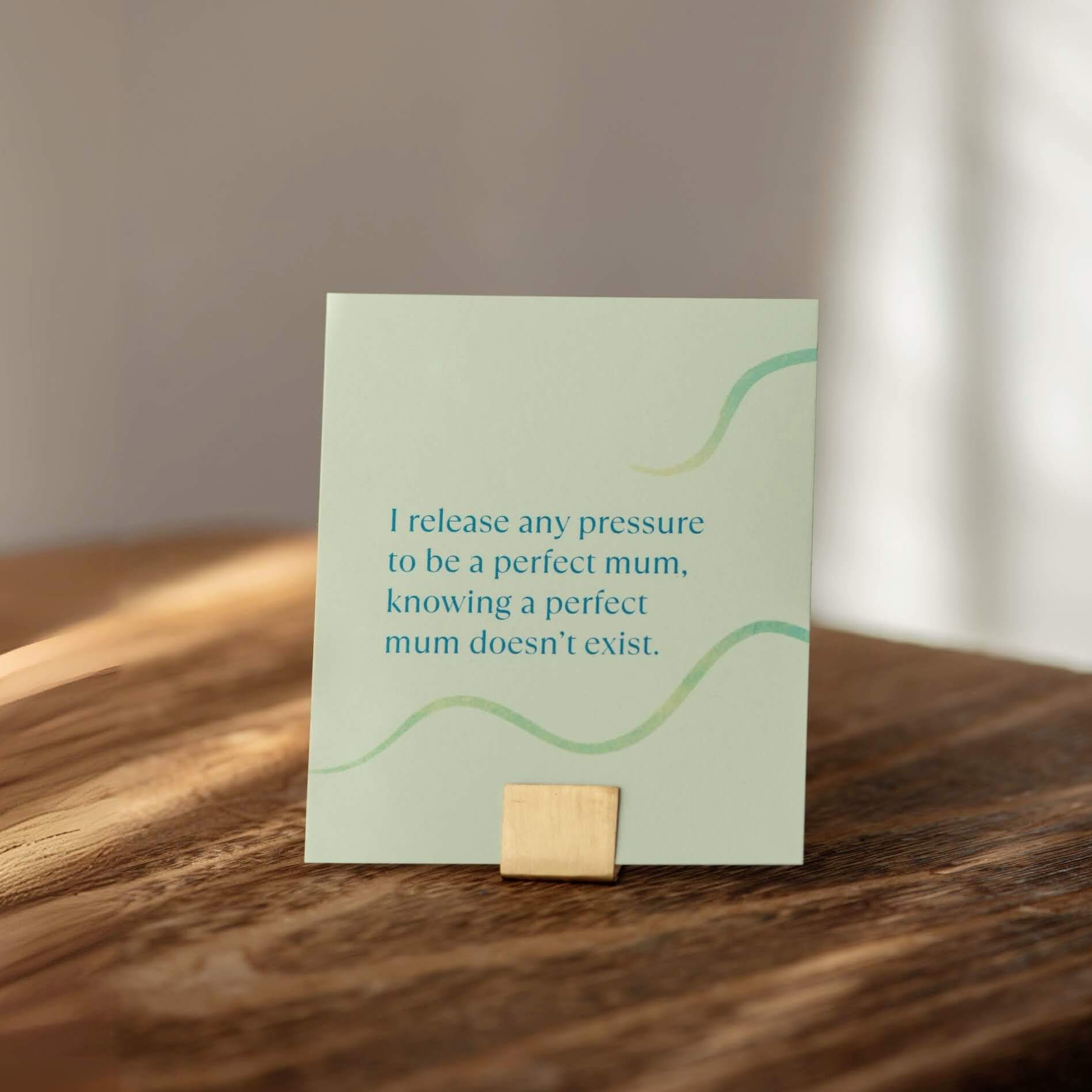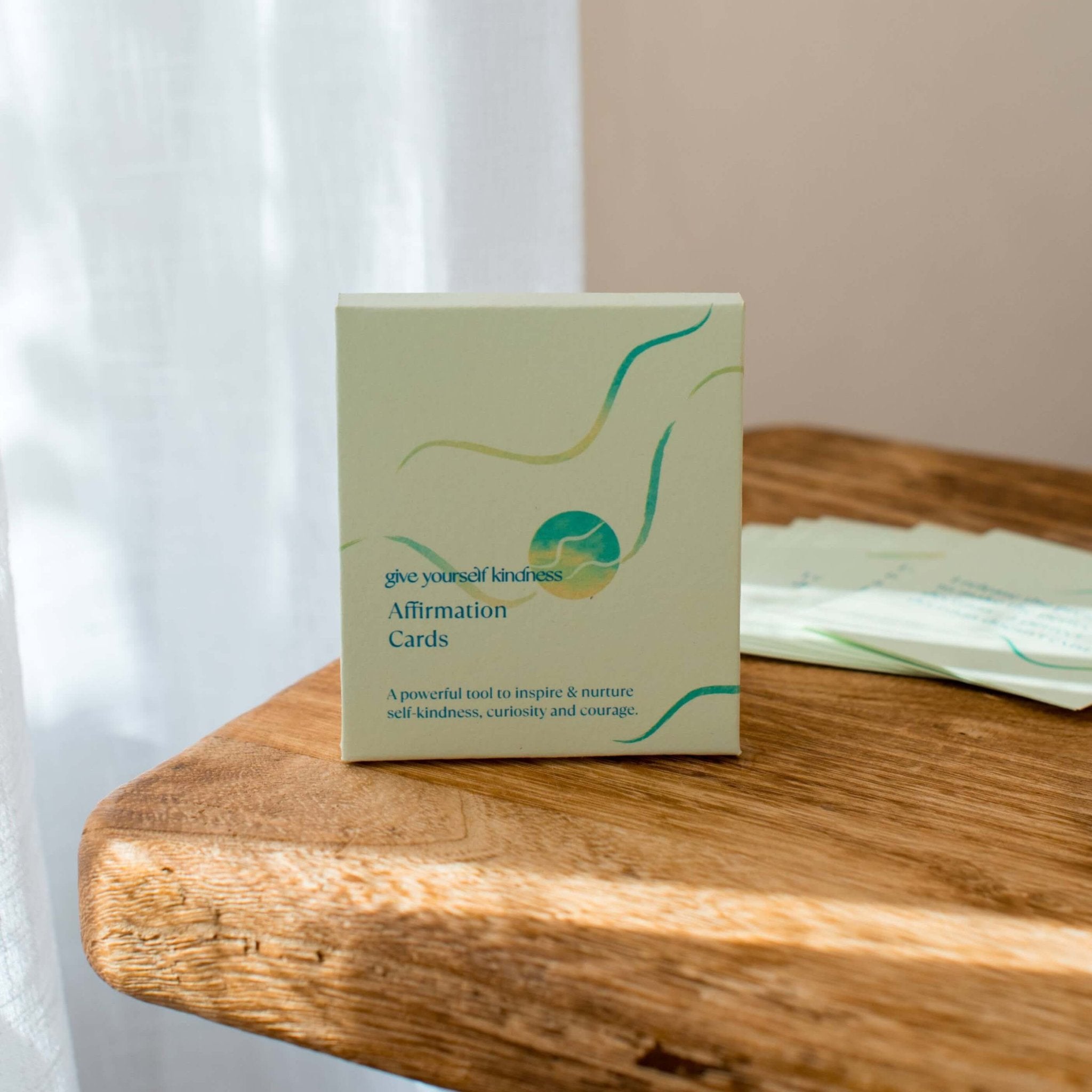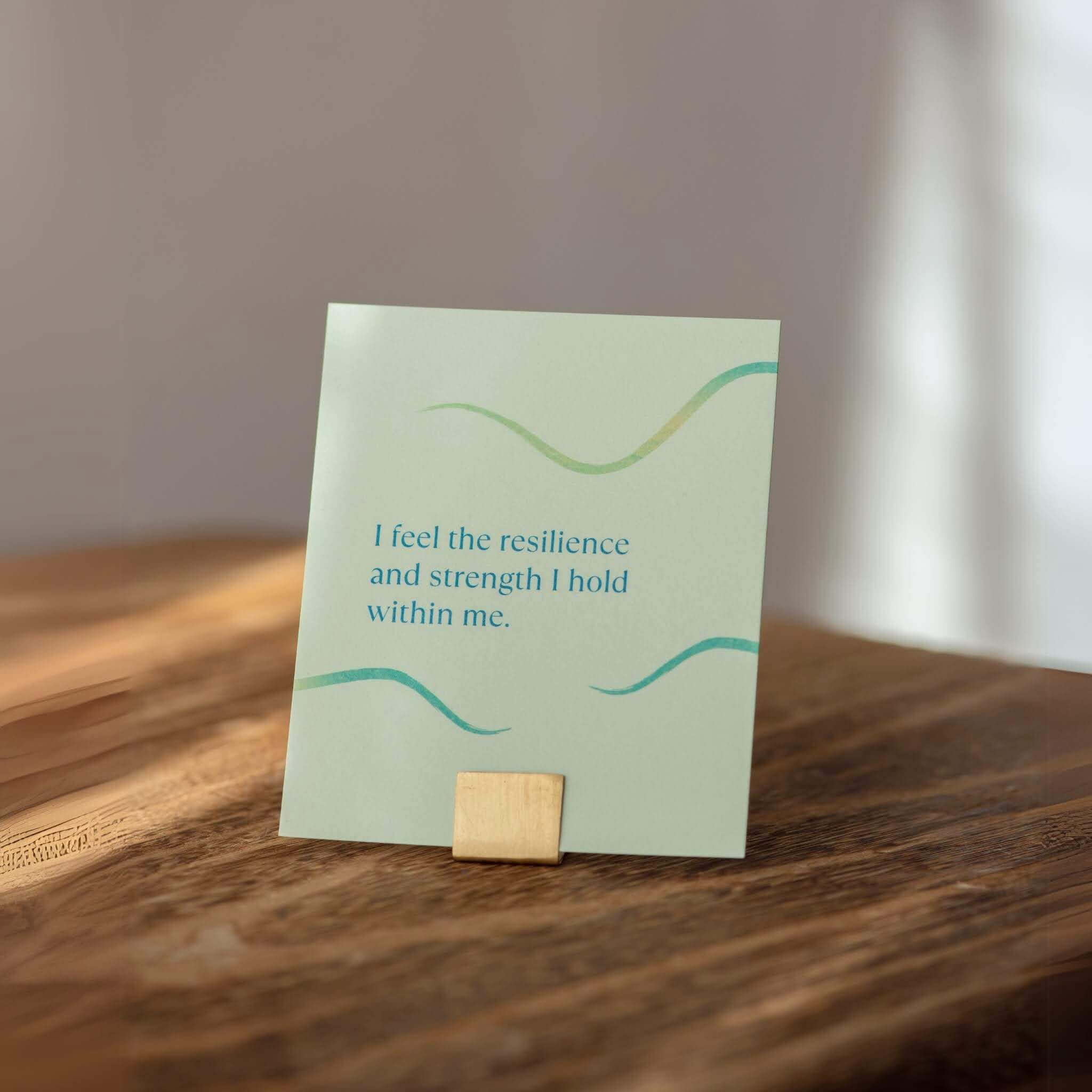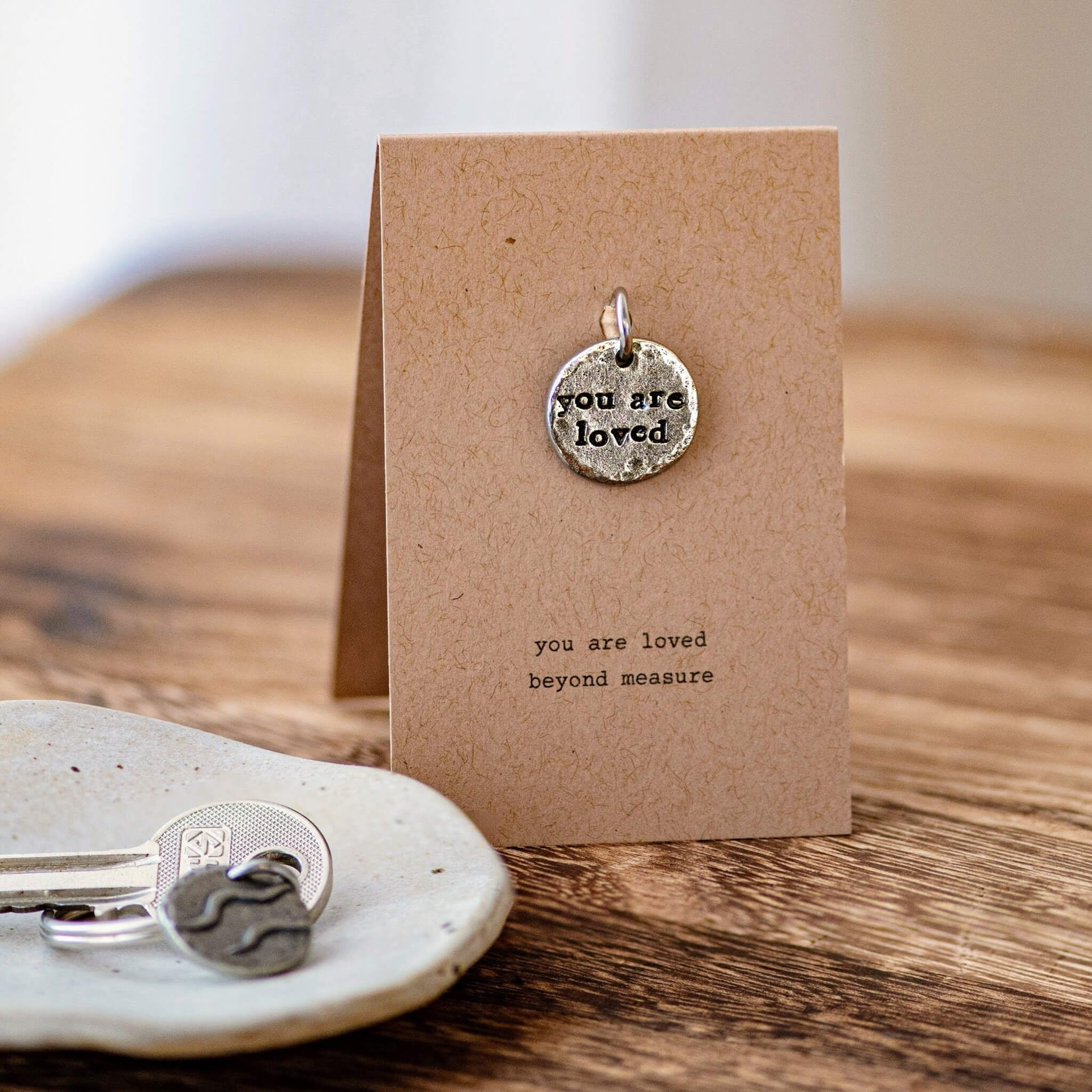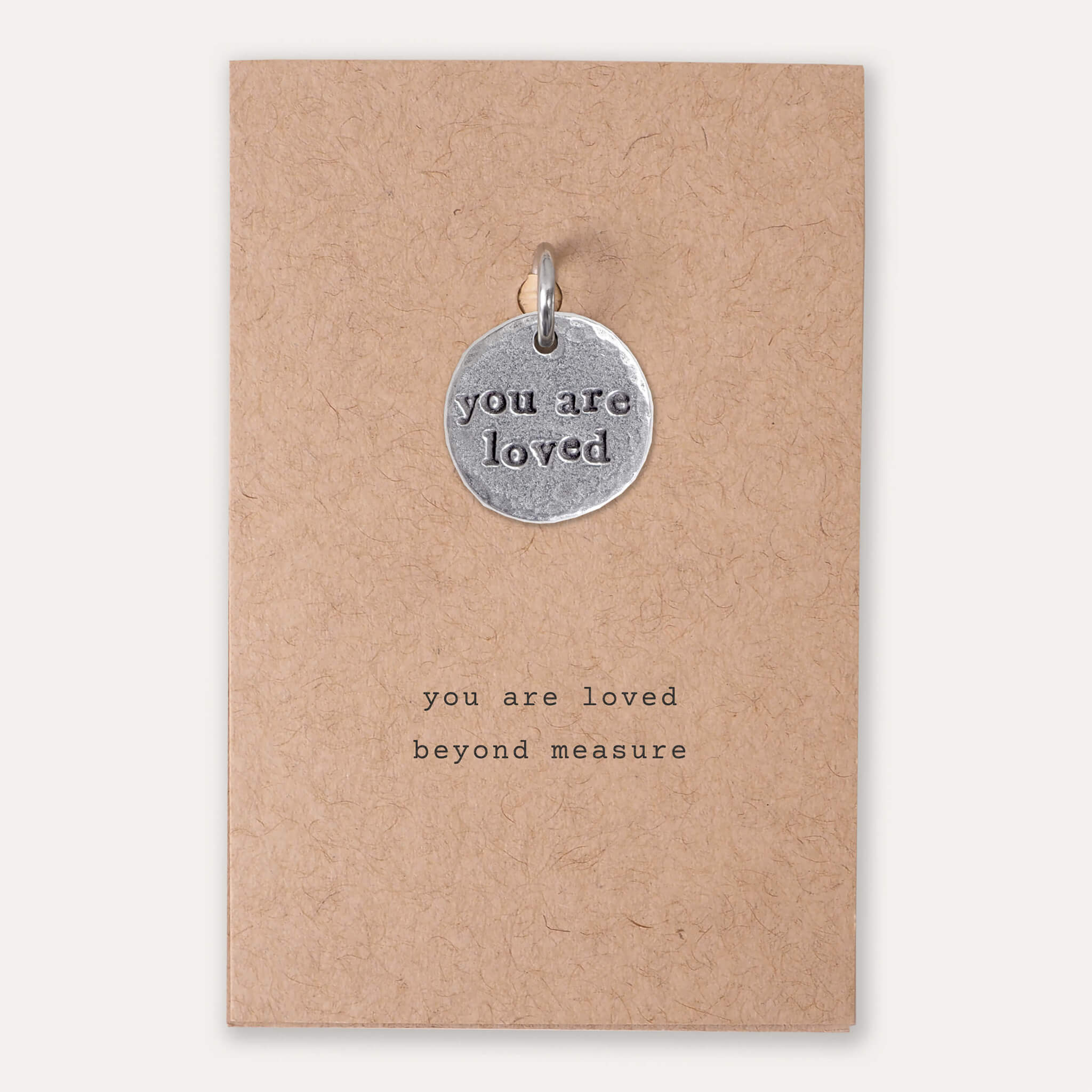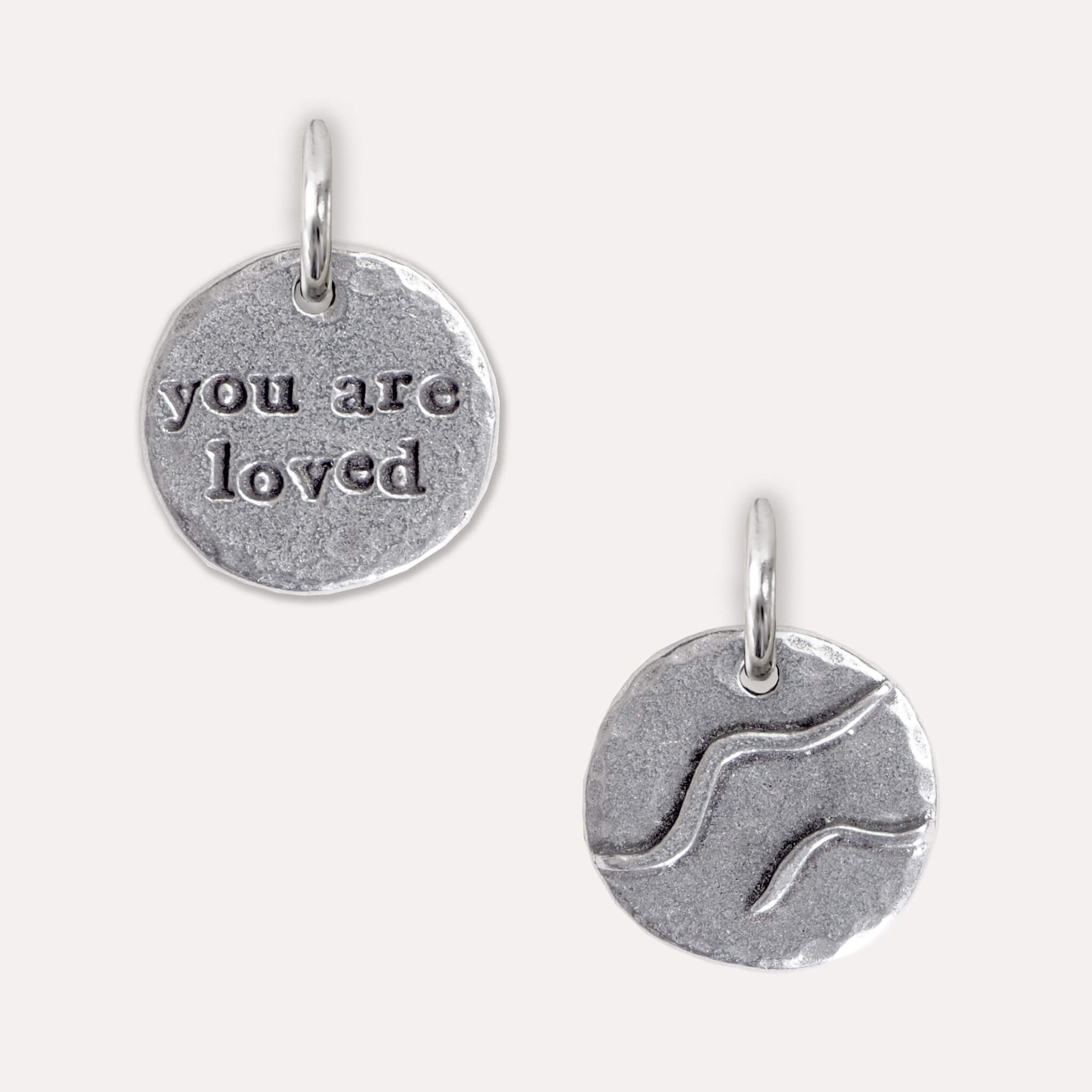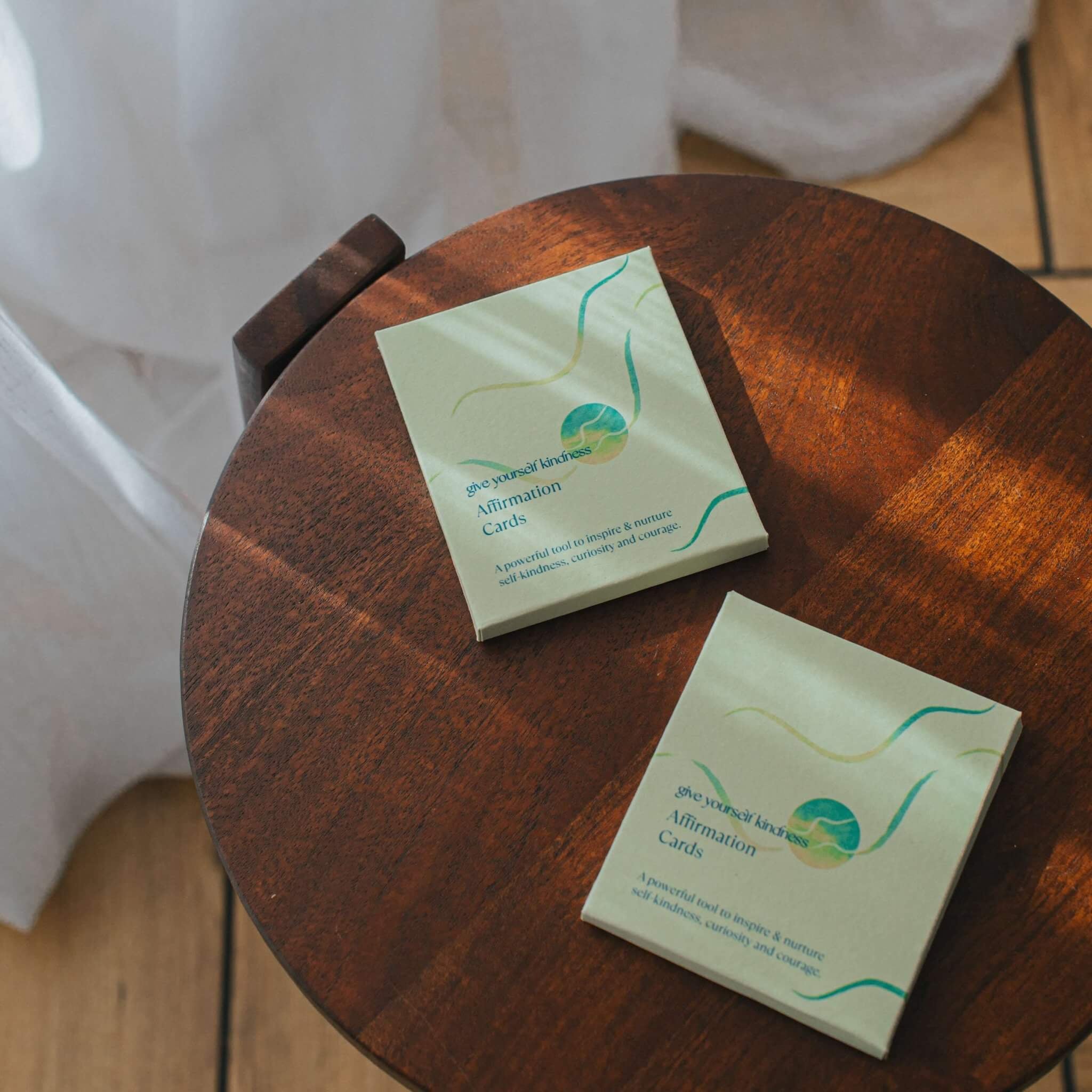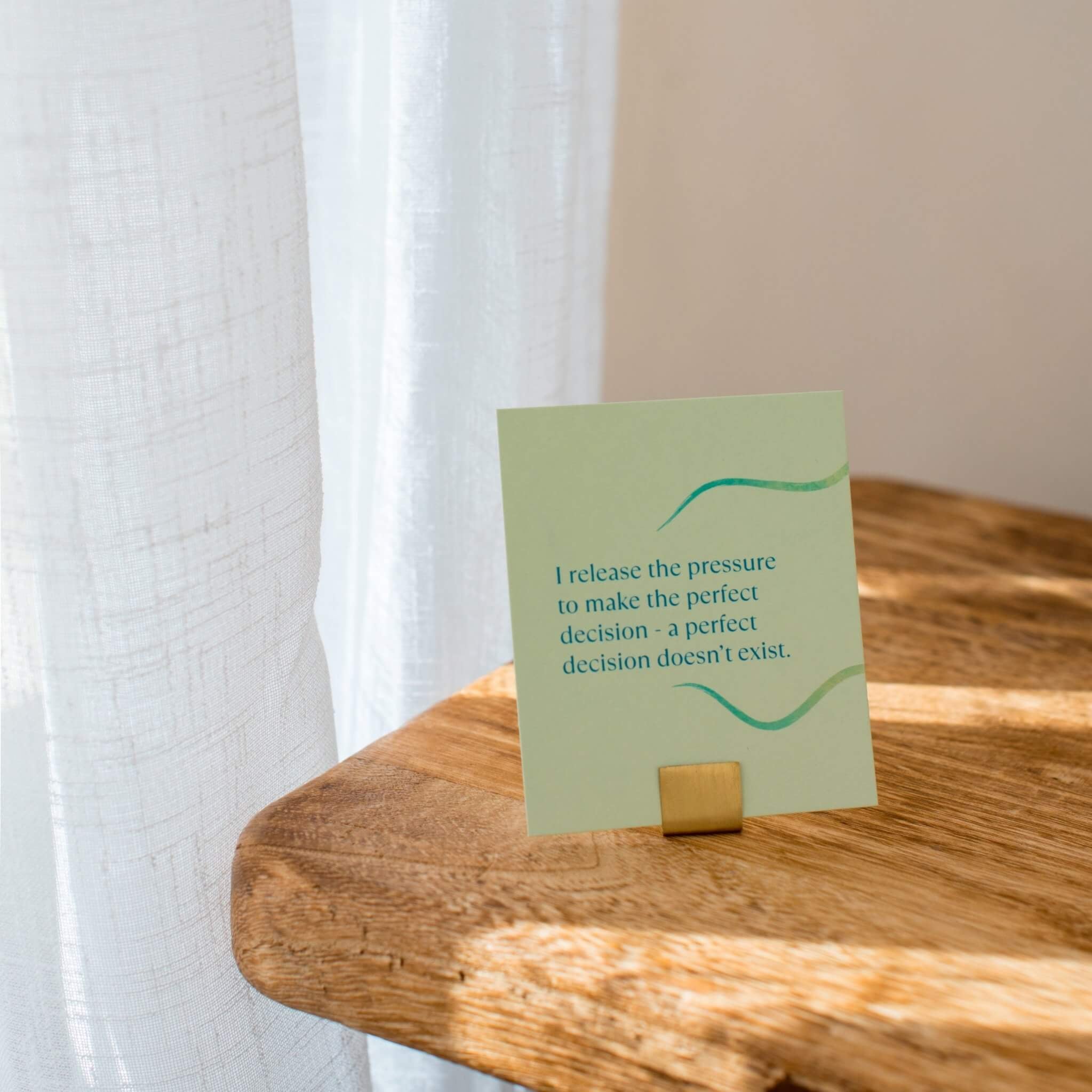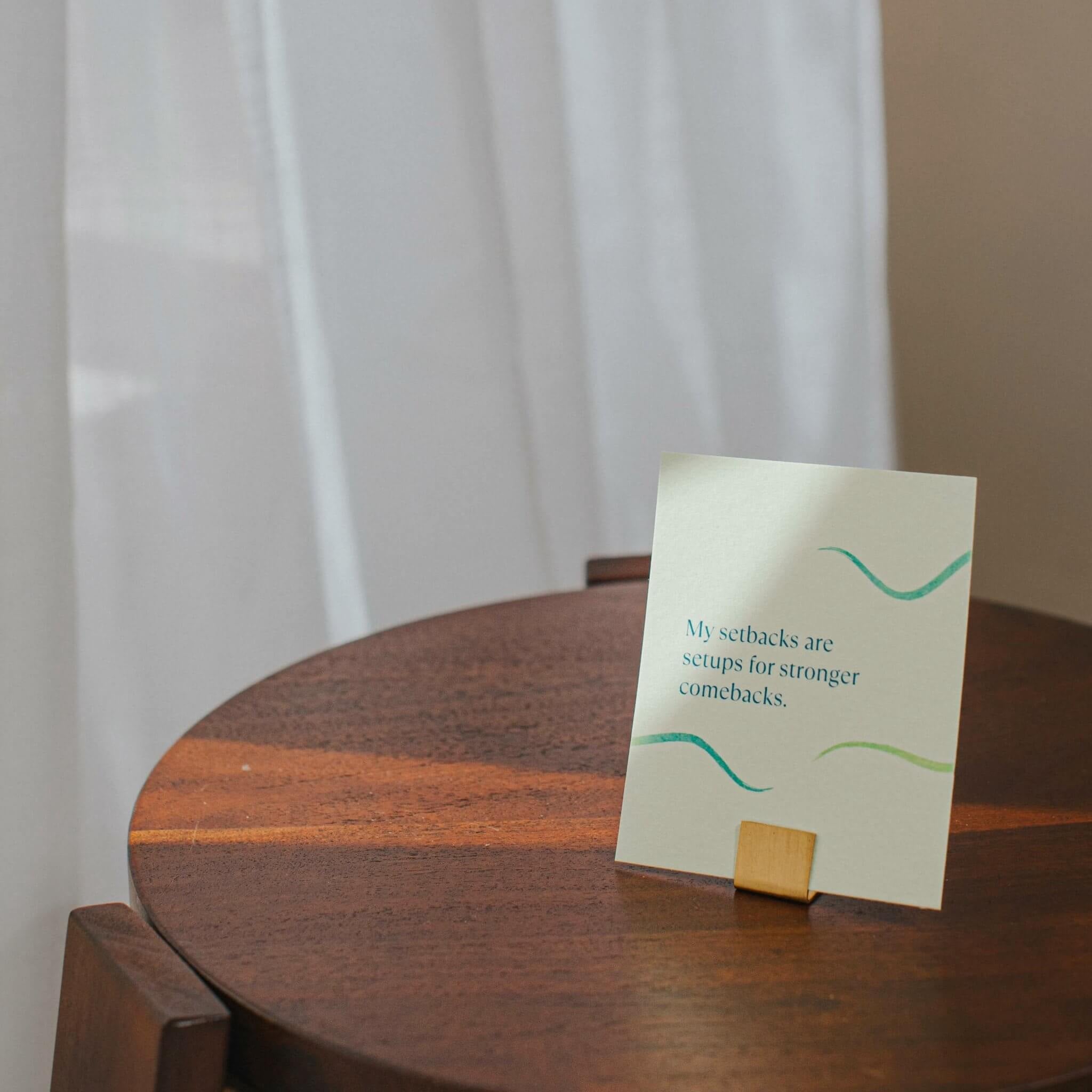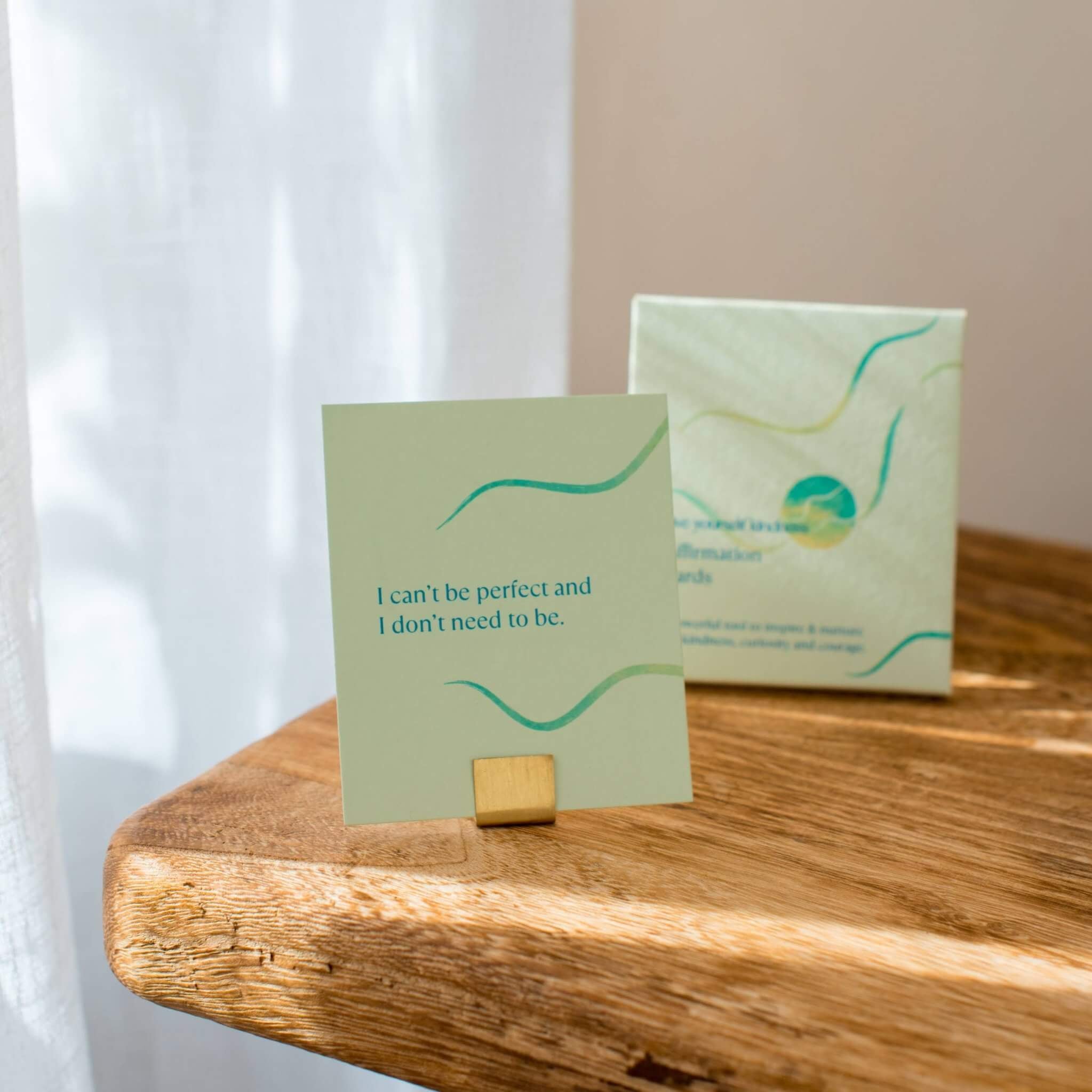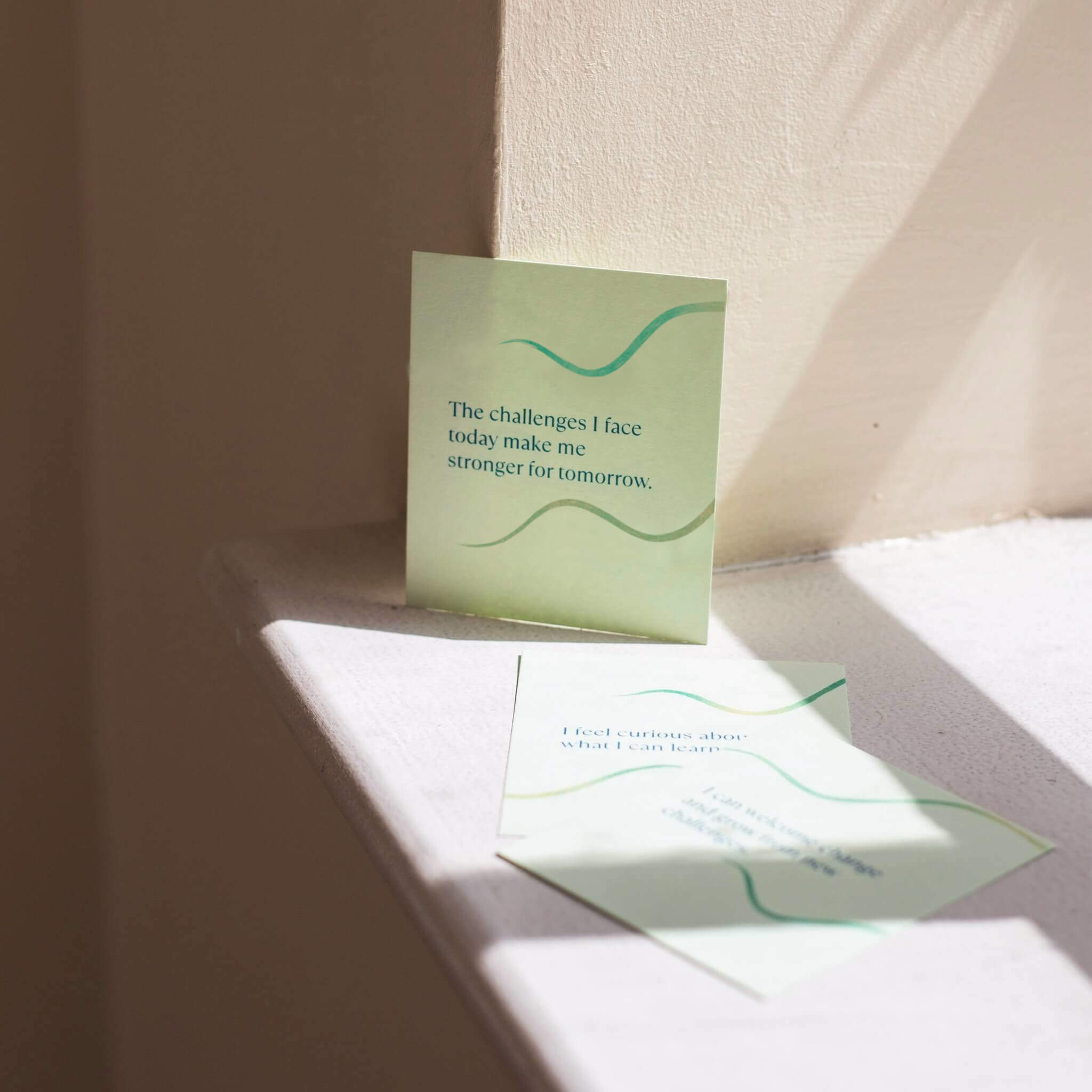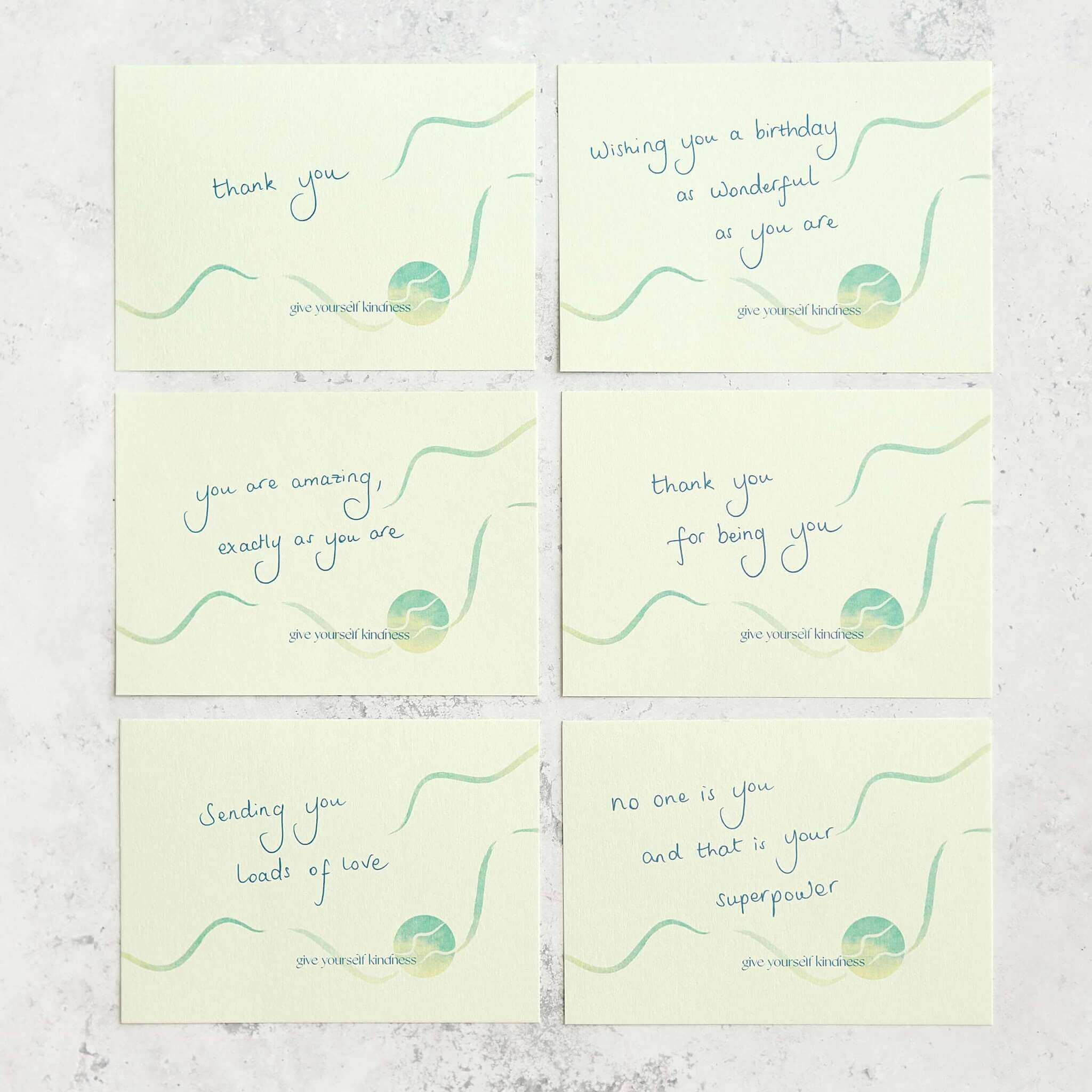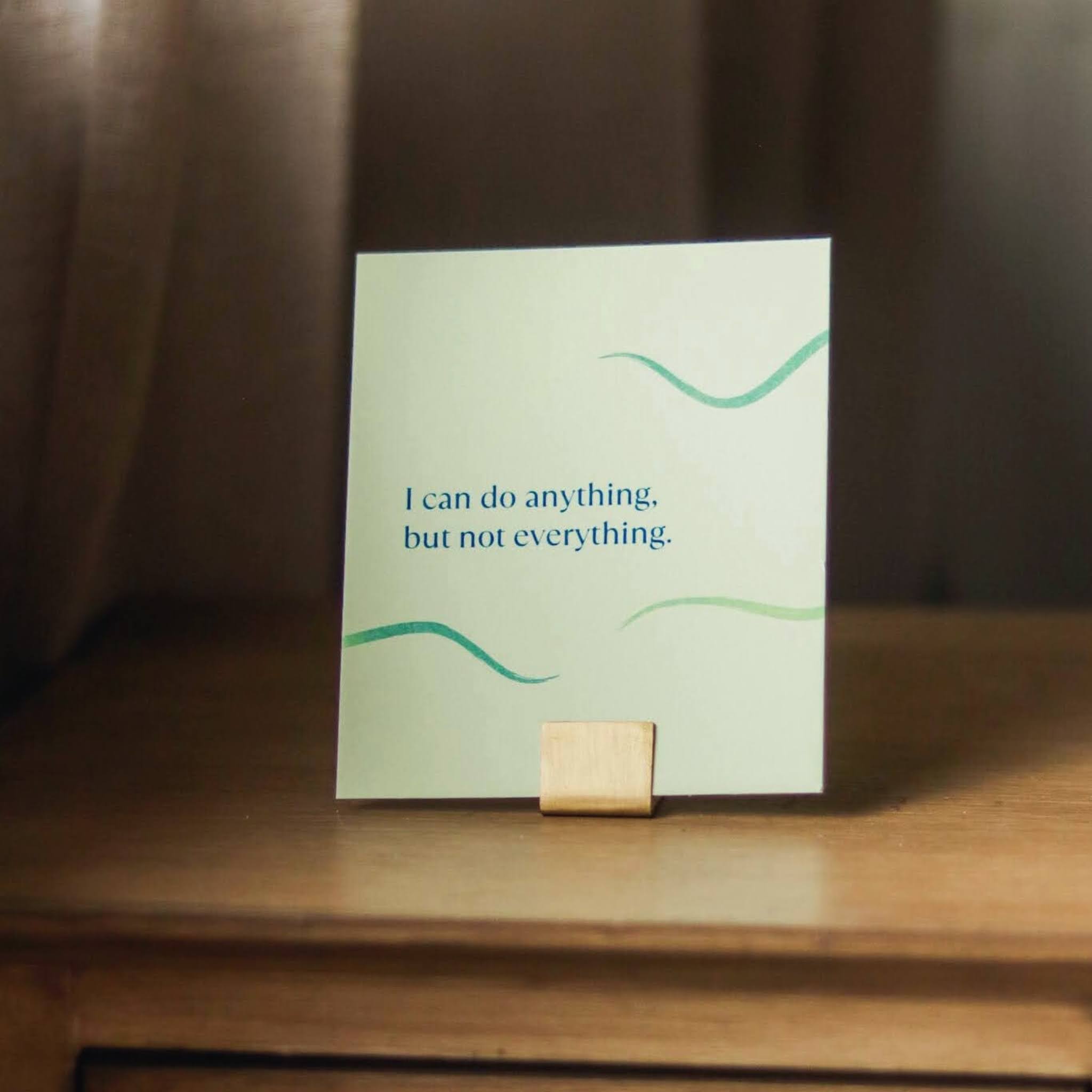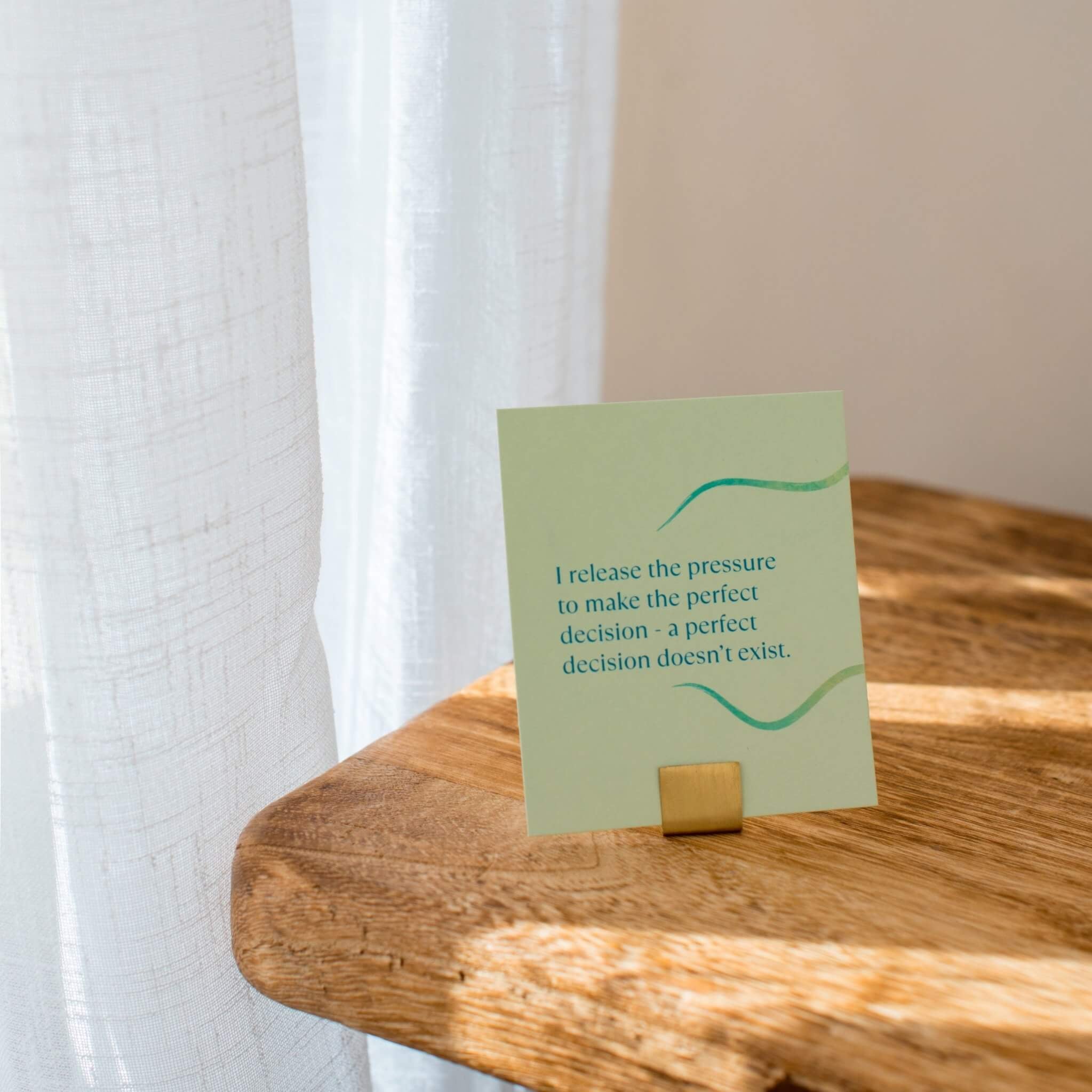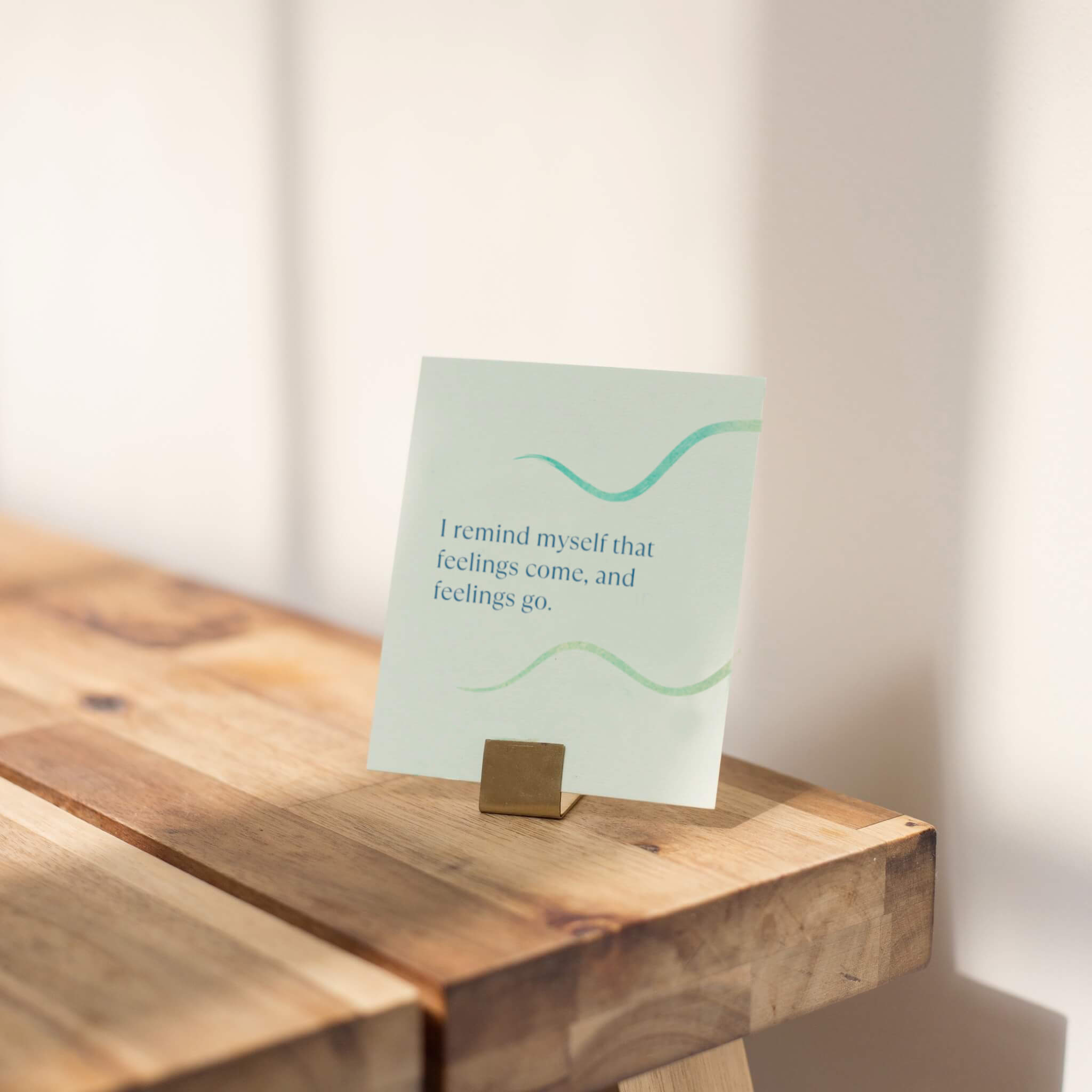written exclusively for Give Yourself Kindness by Frederic Luskin, Ph.D. a psychologist who has been teaching at Stanford University for the past 30 years. He is the author of the best-selling Forgive for Good and Forgive for Love and one of the world's leading researchers and teachers on the subject of forgiveness. He is the director of the Stanford Forgiveness Projects, a series of research projects that have validated his forgiveness methods.
1. Categorize the offense
Categorizing the offense begins the Forgiveness Process. It allows you to break down what you did, look at it, get a little distance, and begin healing.
The four things hardest to forgive ourselves for:
- You’ve failed at a significant life task such as finding a meaningful career or having a successful marriage.
- You’ve hurt someone else because of your actions.
- You've hurt yourself by engaging in self-destructive like alcoholism and/or addiction.
- You didn't do something you thought was important for you to do, like maintaining a college fund for your kid or having a solid retirement plan.
2. Know how you feel
Articulate the specific wrong you committed and the harm it caused. Select a couple of trusted friends and tell them about what you did to get support, care, and advice.
'Articulate the specific wrong you committed and the harm it caused'
Remember that you're not alone and unique in your suffering. And also remember that being honest about what you've done and what you’ve been through keeps you from slipping into denial, suppression, repression, and forgetfulness.
3. Understand what you want
You don't necessarily want to patch things up with the person you hurt, you just want to get rid of the shame, release the blame, and find freedom from the past.
You also want to feel the calm, peaceful, wholeness at the center of you your being.
4. Recognize unrealistic expectations
Most of us absorbed a set of unconscious rules in childhood that remain hovering in our minds whether we know it or not.
Usually these rules are unrealistic and not actually thought about.
Examples:
- Daughters have to be sweet
- Men aren’t supposed to cry or show emotion
- I have to be a lawyer or a doctor in order to be successful in life
5. Identify the hurt
Realize that the tummy-tightening stress, injured feelings, and thoughts of guilt you feel whenever you think of what you did are what's actually making you feel bad — not what you actually did 5 minutes or 5 years ago.
'It's your reaction to it today that is continuing to cause you problems'
It's your reaction to it today that is continuing to cause you problems. It’s time to kill that habit and start your new life.
6. Hit the stop button
Replaying what you did over and over again only makes you feel bad. Quit with the 'Instant Replay' in your head – it isn't going to help you or the person you hurt.
'Quit with the 'Instant Replay' in your head'
All it accomplishes is making you feel WORSE. Just remember to catch yourself each time you start to ruminate on what you did wrong -- and stop. Then refocus your attention on something more positive.
7. Say you’re sorry
If the reason you can't forgive yourself is because of something you've done to somebody else, sometimes all it takes is an honest apology to make everything as right as rain.
Remember that the BEST (and most effective) apologies are those that are made in person.
But if that's not possible, try using a little humor.
A lady once sent her husband a copy of the game "Sorry!" with a note asking if they could play together. Not to be outdone, her partner sent back a copy of the classic Brenda Lee song, "I'm Sorry.“ Now THAT’S a creative apology – and it worked!
8. Practice PERT (Positive Emotion Refocusing Technique)
Bring your attention fully to your stomach as you slowly draw and out two deep breaths.
As you inhale, allow the air to gently push your belly out.
As you exhale, consciously relax your belly so that it feel soft.
On the third full and deep inhalation, bring to your mind’s eye an image of someone you love or of a beautiful scene in nature that fills you with awe and wonder.
Often people have a stronger response when they imagine their positive feelings are centered in the area of their heart.
While practicing, continue with soft belly breathing. Ask the relaxed and peaceful part of your what you can do to resolve this difficulty.
When you bring more positive experiences into your life, your hurts will diminish in importance!
9. Make it right
To make amends, look for a way to be kind to those you have hurt.
Even if the person isn’t alive anymore or is completely absent from your life, it is still possible to make peace with them by providing a kindness to someone else (paying it forward).
'Do good rather than feel bad'
Do good rather than feel bad. Follow this formula and you will not only forgive yourself, but in doing so, you will turn your life around in ways that you can’t even begin to imagine.
10. Forget the wicked witch shtick
Once you've made amends, it's time to let go of the OLD STORY in which you play the Wicked Witch of the West!
Start telling yourself -- and everybody else -- a NEW HEROIC version of the story in which you do everything that you can to be a forgiving person, IN SPITE of your all-too-human limitations.
11. Put things in perspective
Try to think of all the kind and loving things you've done at least once a day: from the smile you offered the angry driver next to you on the road, to the sandwich you gave that struggling homeless women, to the stray dog you took under your wing and returned to its owner.
Remind yourself of these kindly deeds and you’ll begin to feel the immediate and lasting effects of growing into the new and happier you!
12. Give yourself a break!
While you're learning to forgive yourself and how to break free from the past and move on, give yourself a break from all the shame and guilt by replacing those destructive emotions with gratitude.
'give yourself a break from all the shame and guilt by replacing those destructive emotions with gratitude'
Here’s how to do it:
- Take a trip to the supermarket and give some thanks for the abundance of food that we have available.
- Visit a nursing home or hospital and experience the fresh and immediate sense of gratitude you feel for your own good health.
- Next time when you’re on the road, mentally thank each of the GOOD drivers who follow the rules of the road.
- Thank your significant other for caring for you every day.
- Every morning when you wake up, give thanks for your breath and the gift of your life!

Dr. Frederic Luskin is a psychologist who has been teaching at Stanford University for the past 30 years. He has a PhD in Counseling and Health Psychology from Stanford University and holds clinical licenses as a Psychologist and a Marriage and Family Counselor. Currently he is on the faculty for the GSB Executive Education program where he teaches mindfulness, emotional intelligence, psychological safety, and positive psychology to executives from all over the world. When not at Stanford, Dr. Luskin often speaks to a variety of audiences, including investors, corporate leaders, medical and mental health professionals, educators and several other organizations and individuals.
He also serves as Director of the Stanford University Forgiveness Projects. The forgiveness projects sponsor teaching and research that validate his nine steps to forgiveness. Dr. Luskin is one of the world’s recognized authorities on forgiveness, both of self and others and has taught forgiveness to tens of thousands of people.





